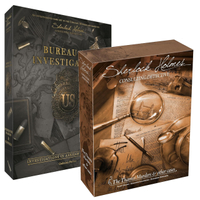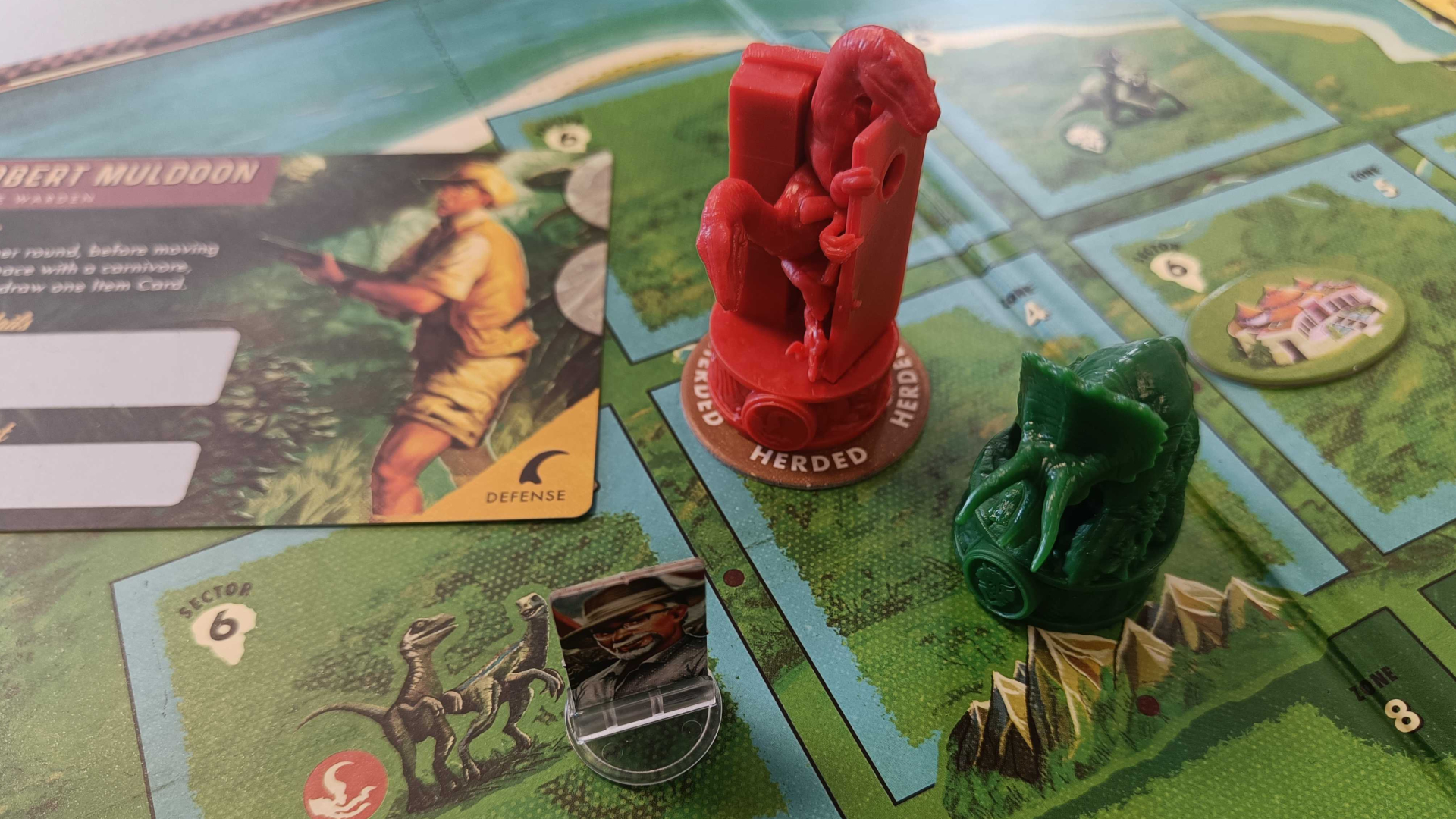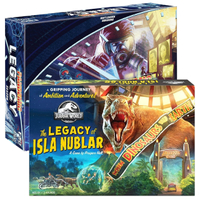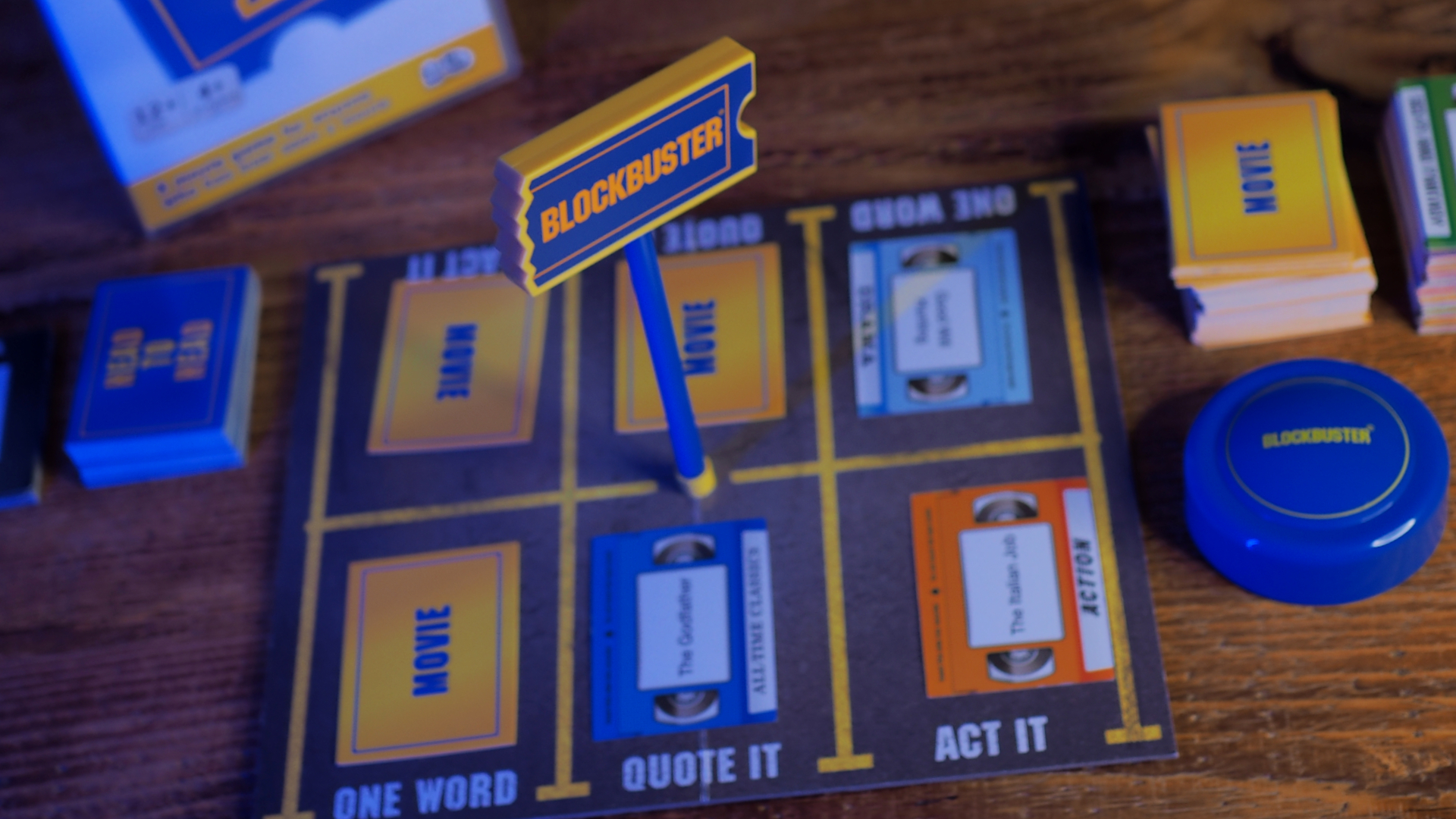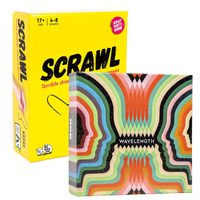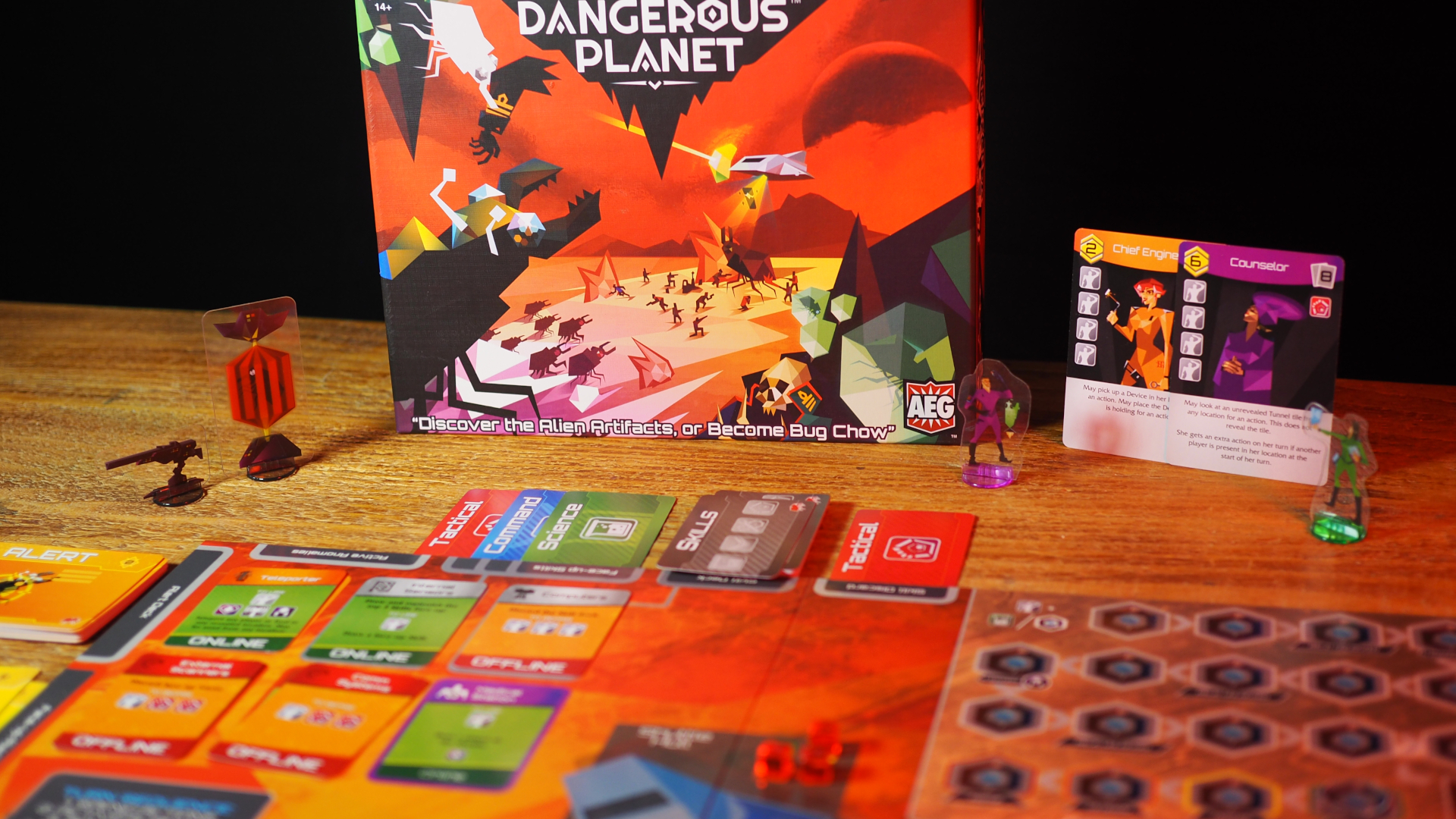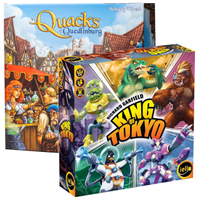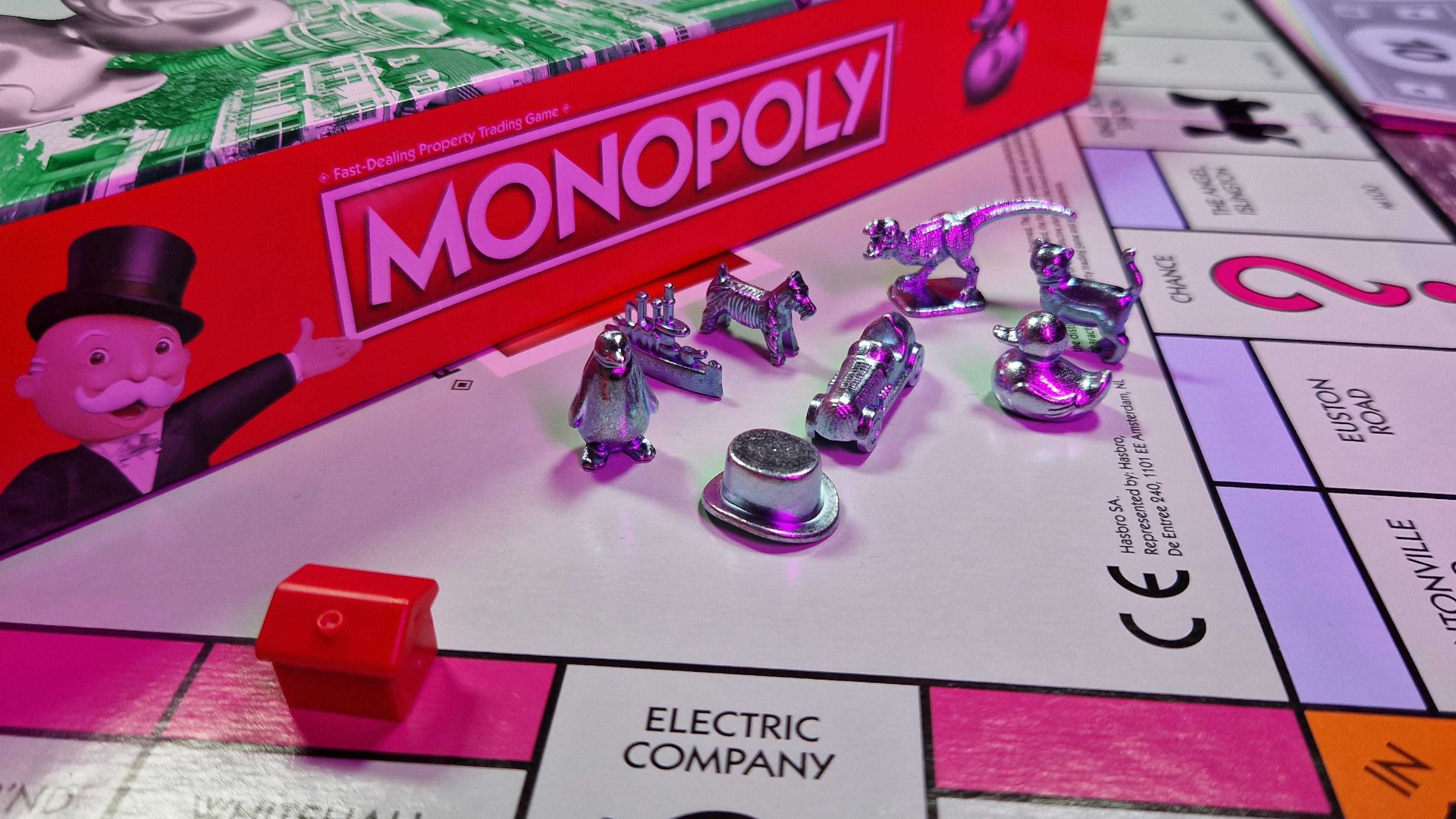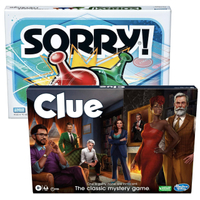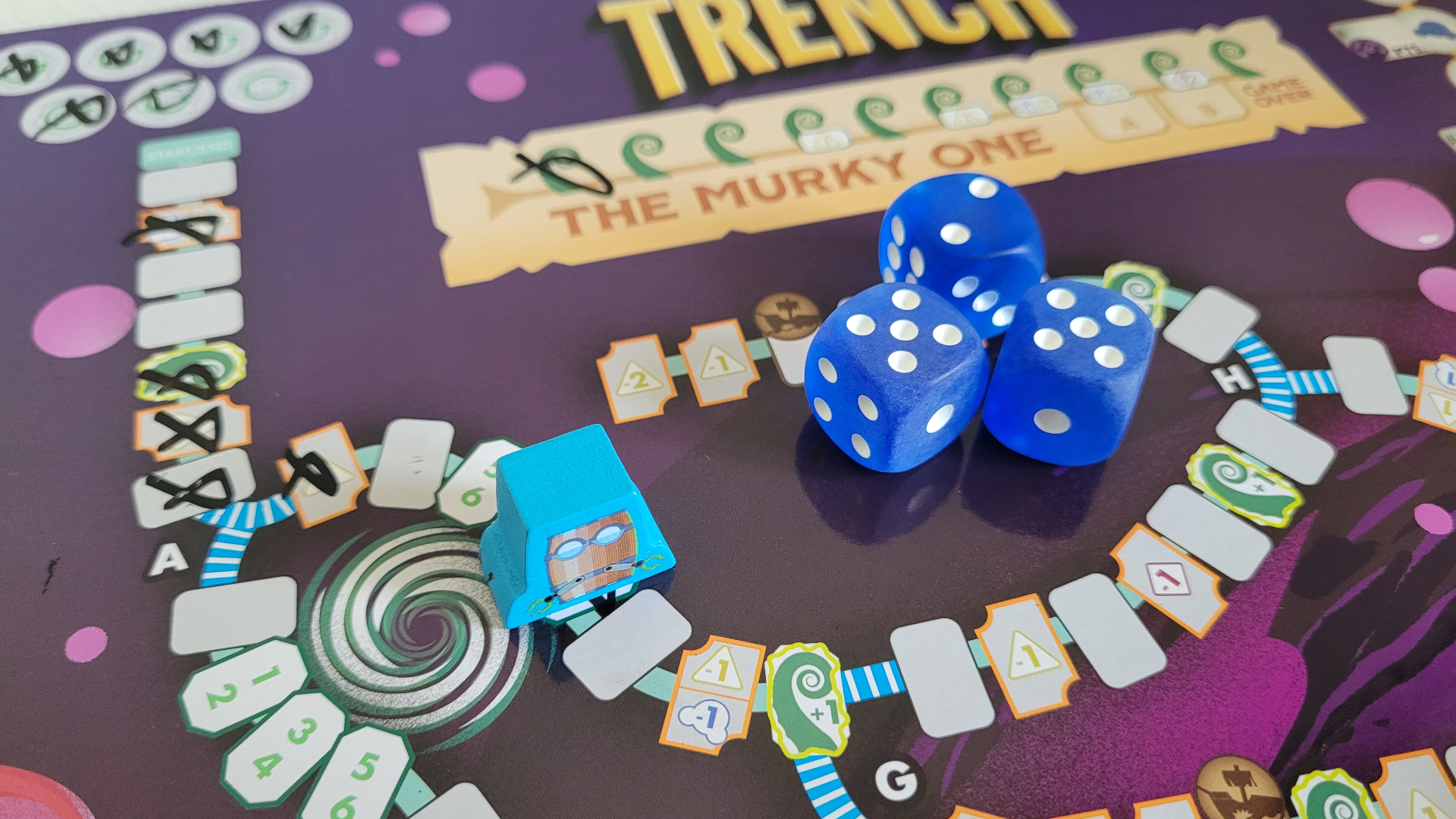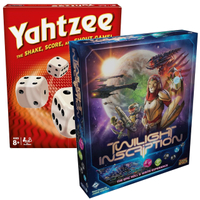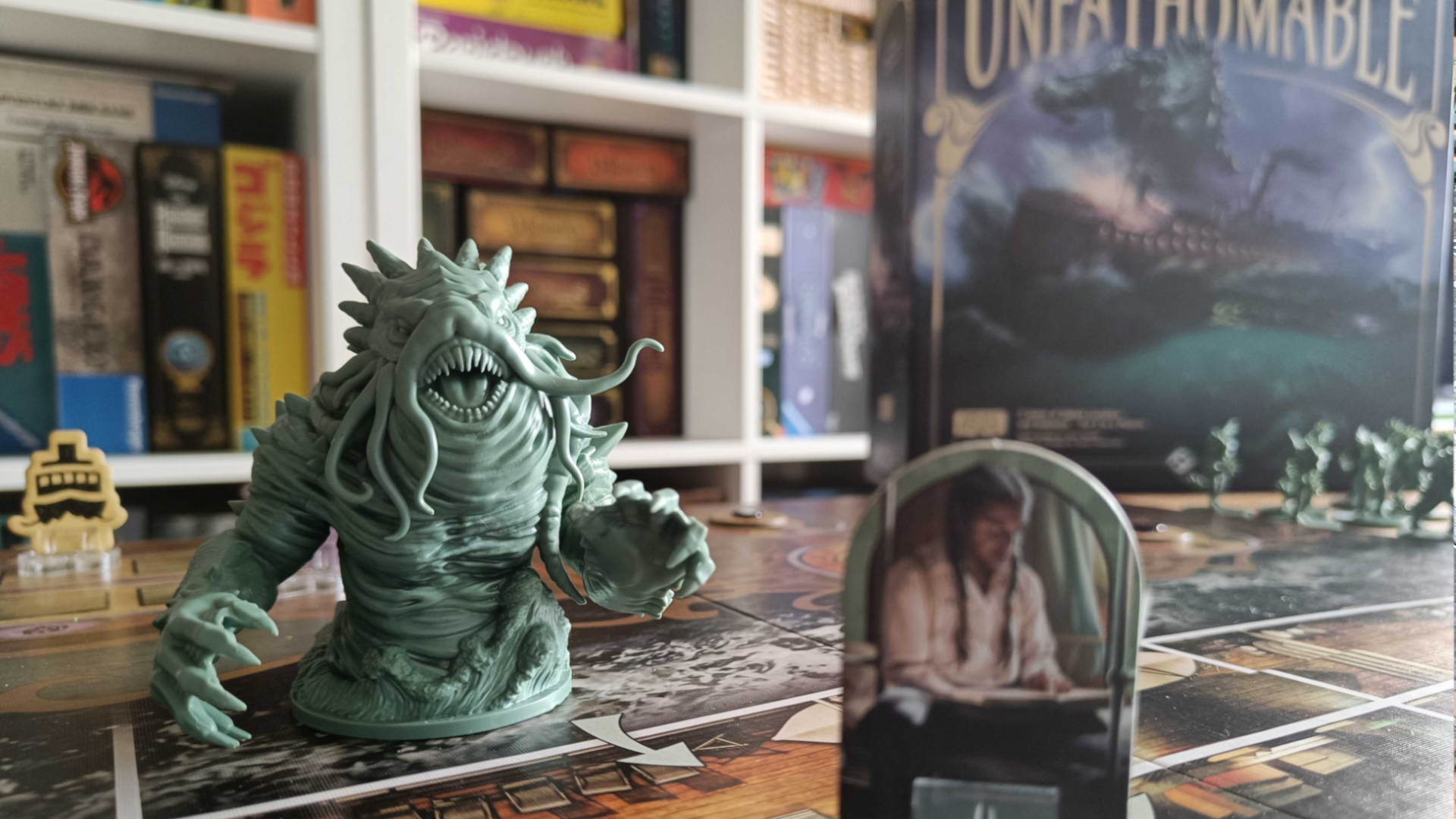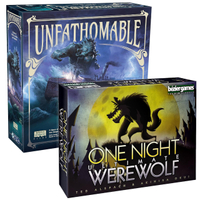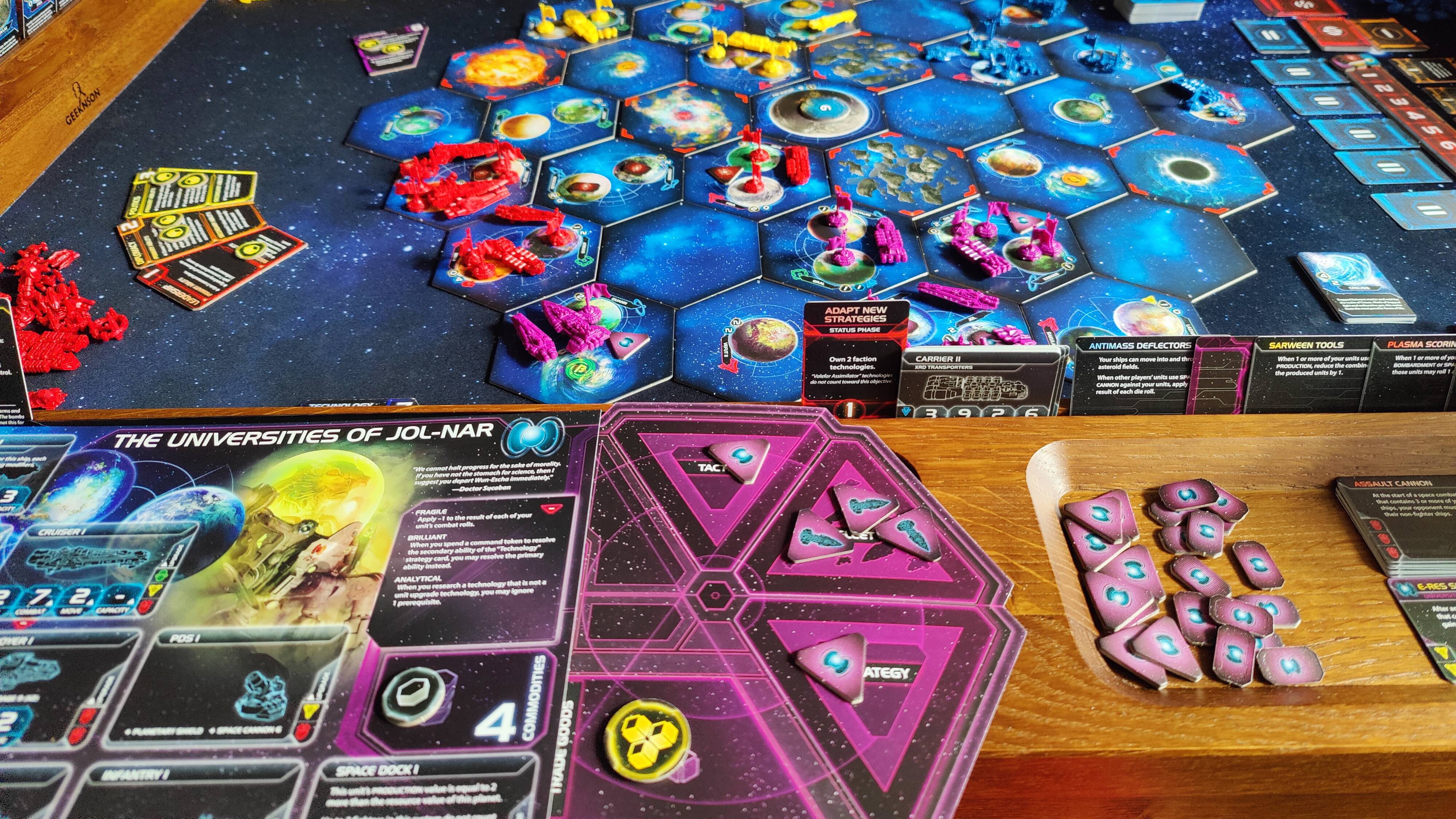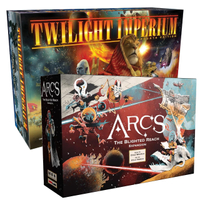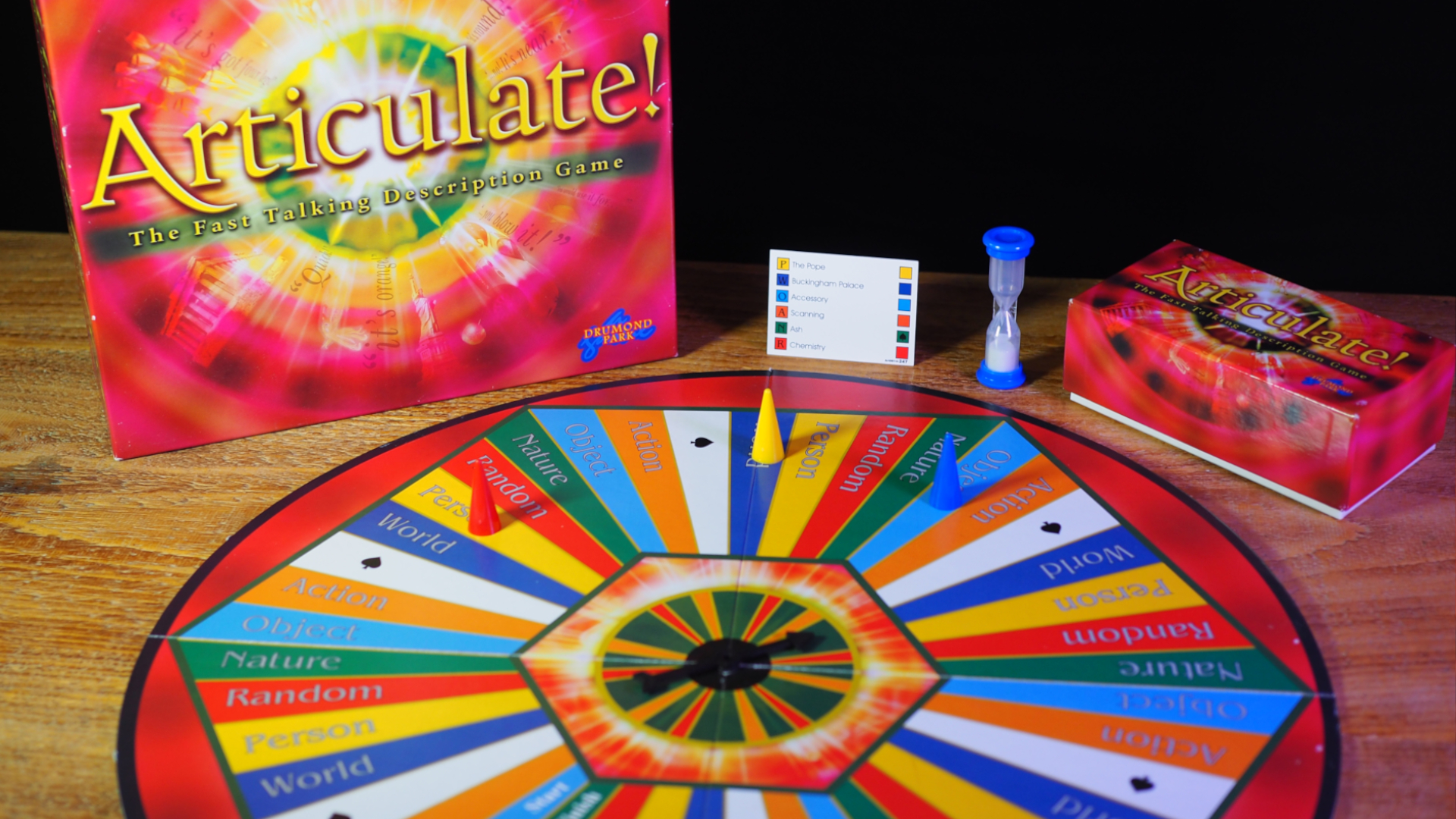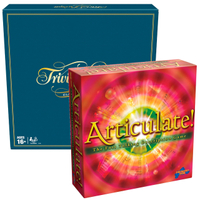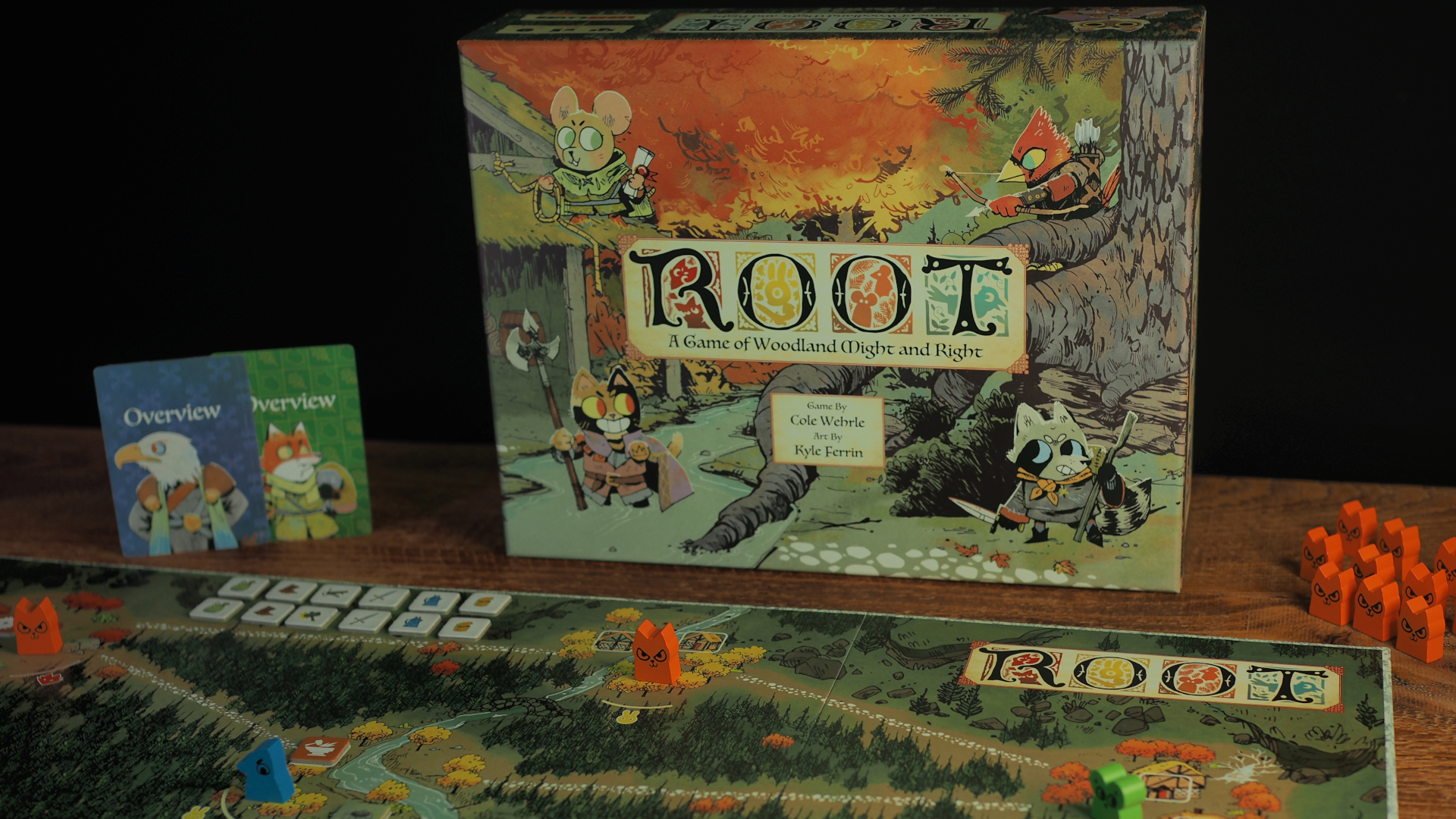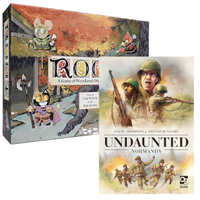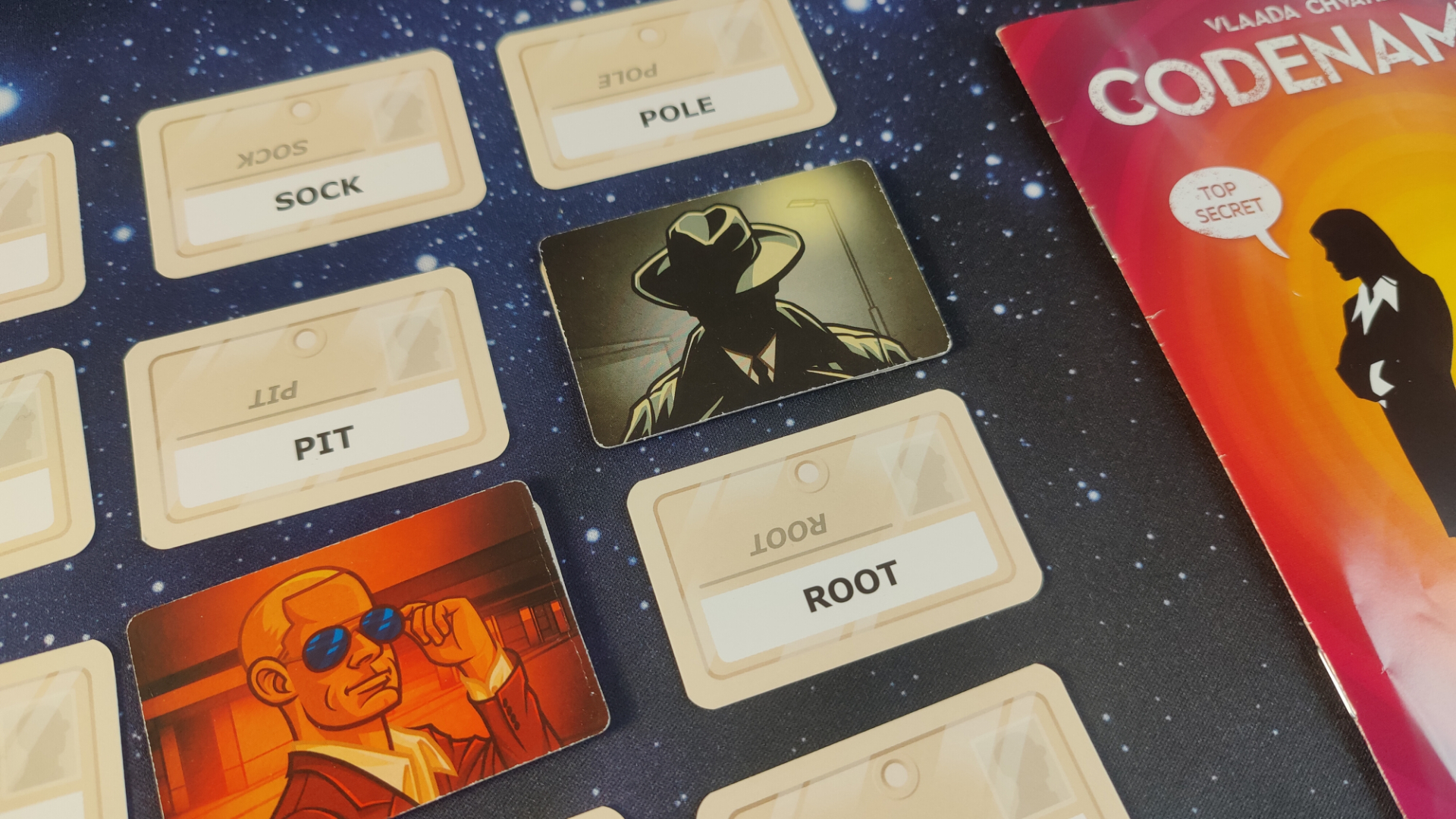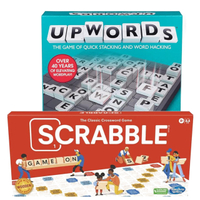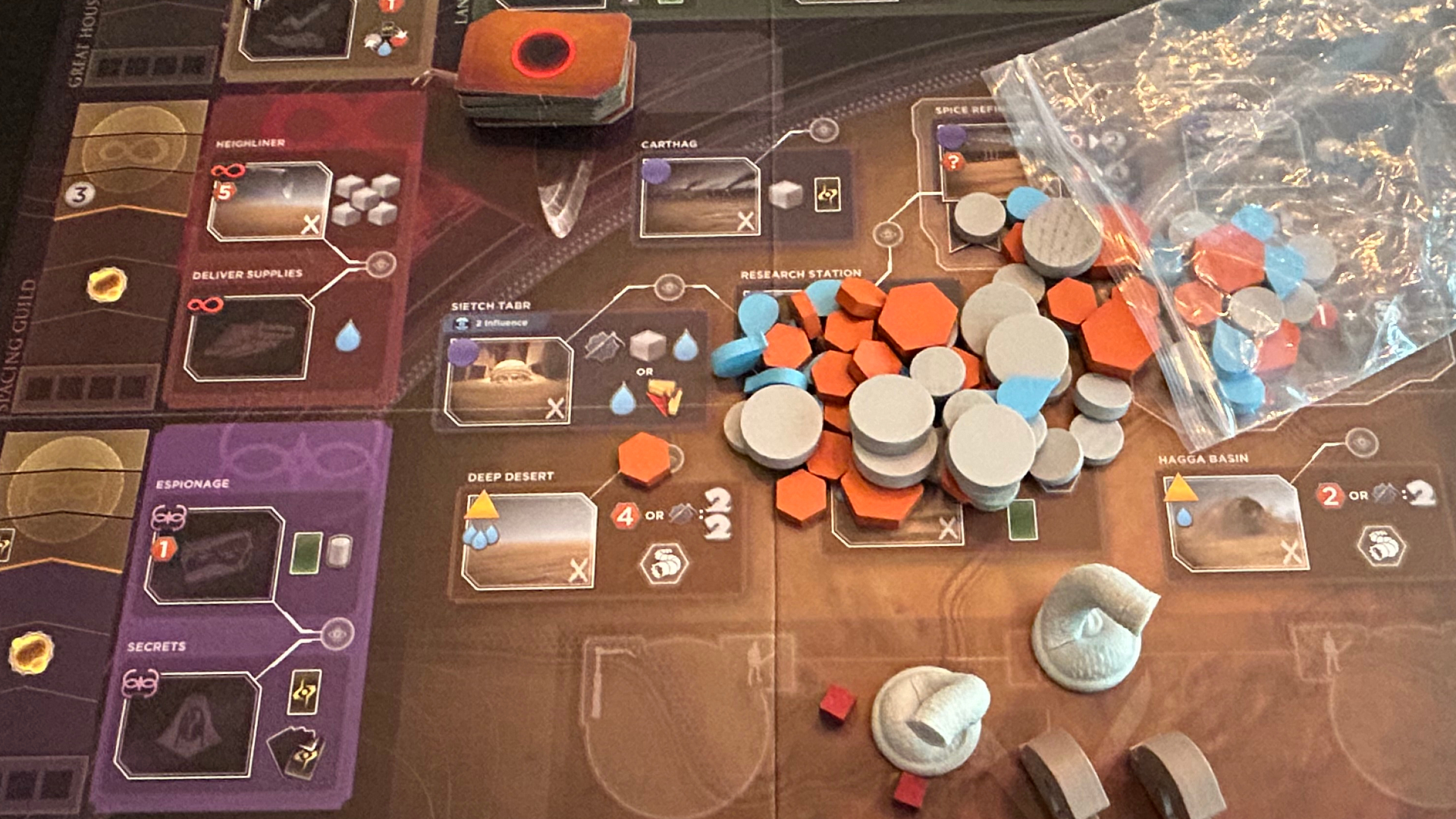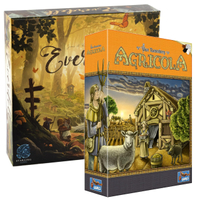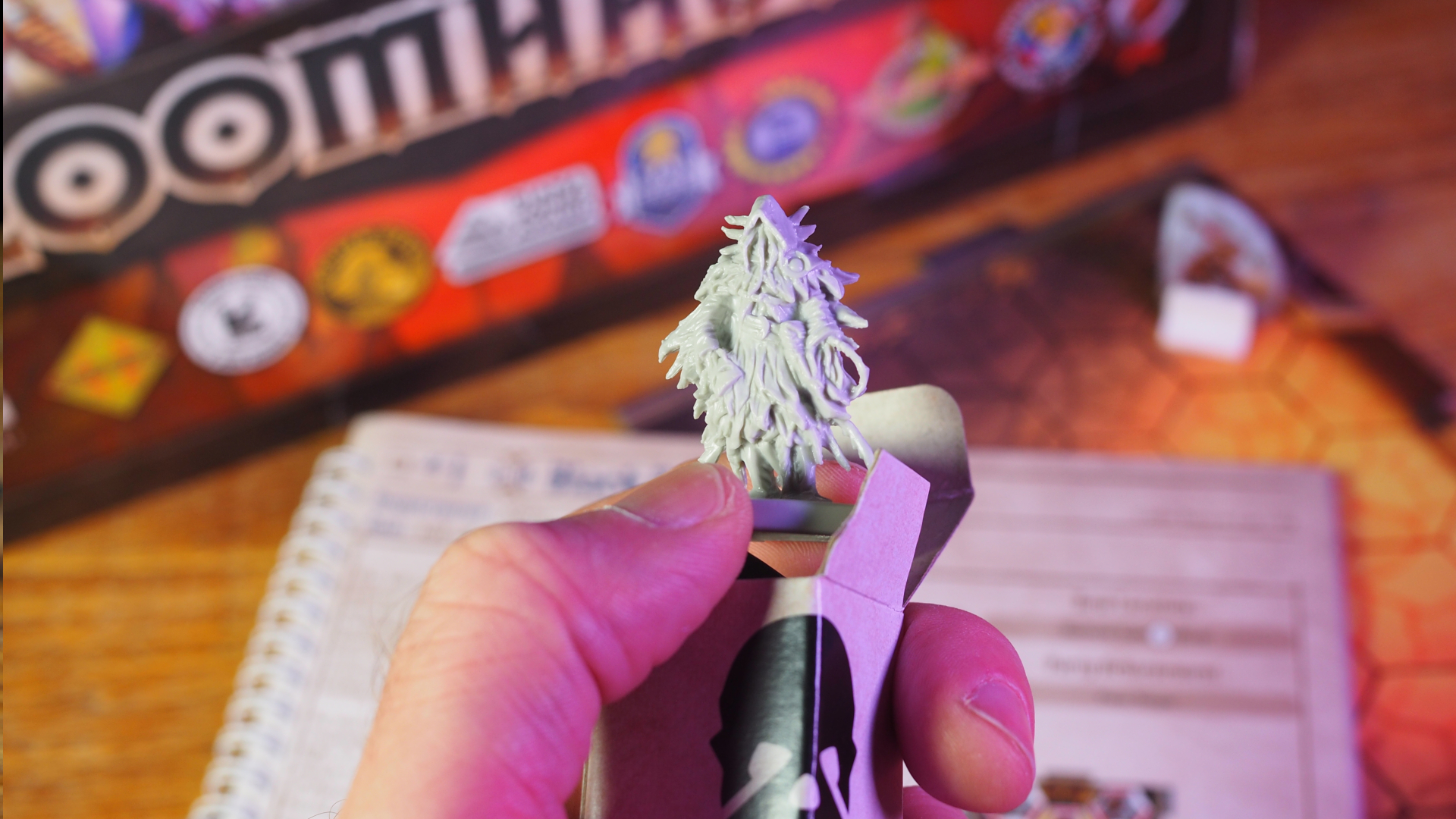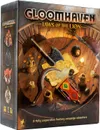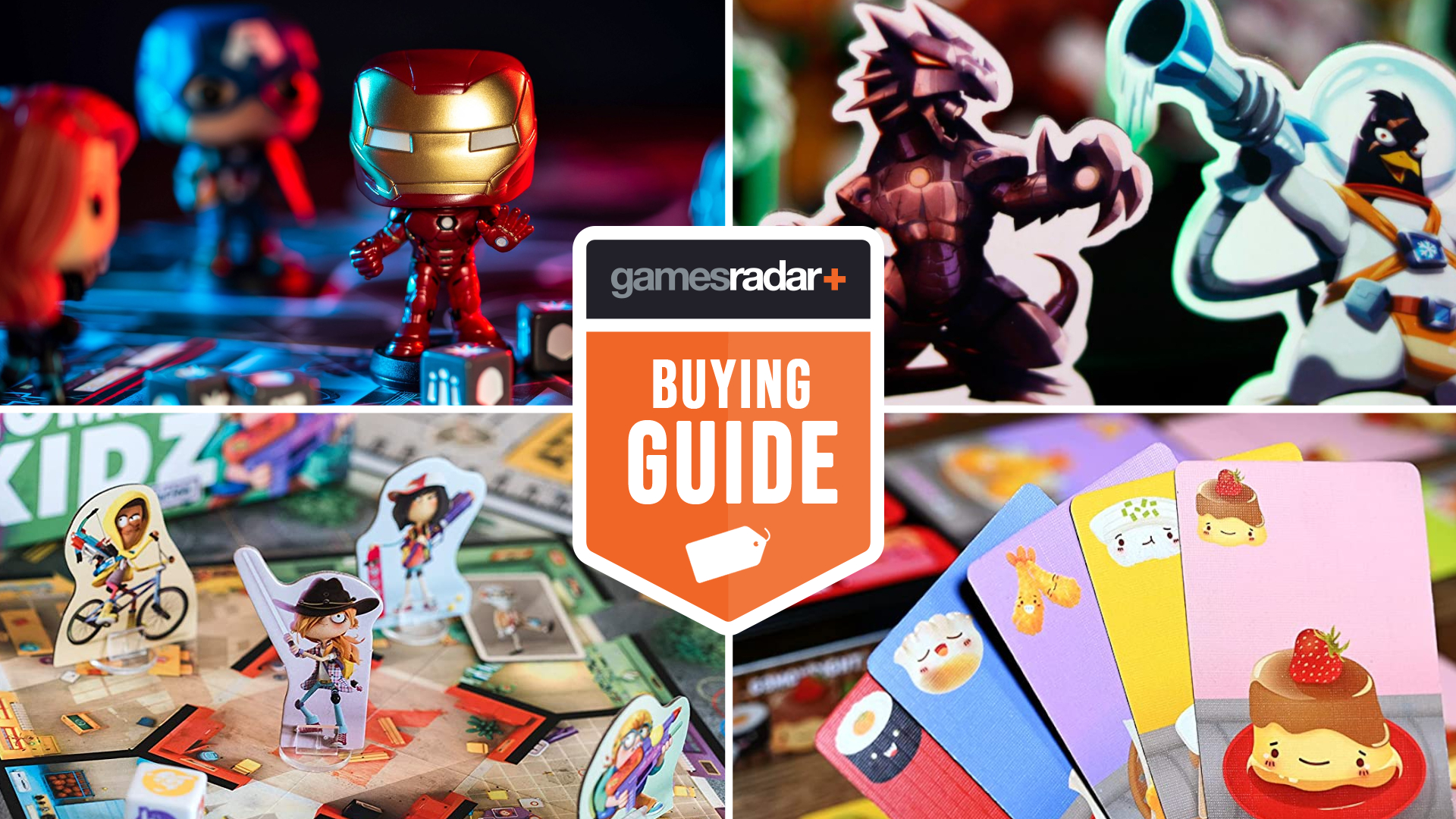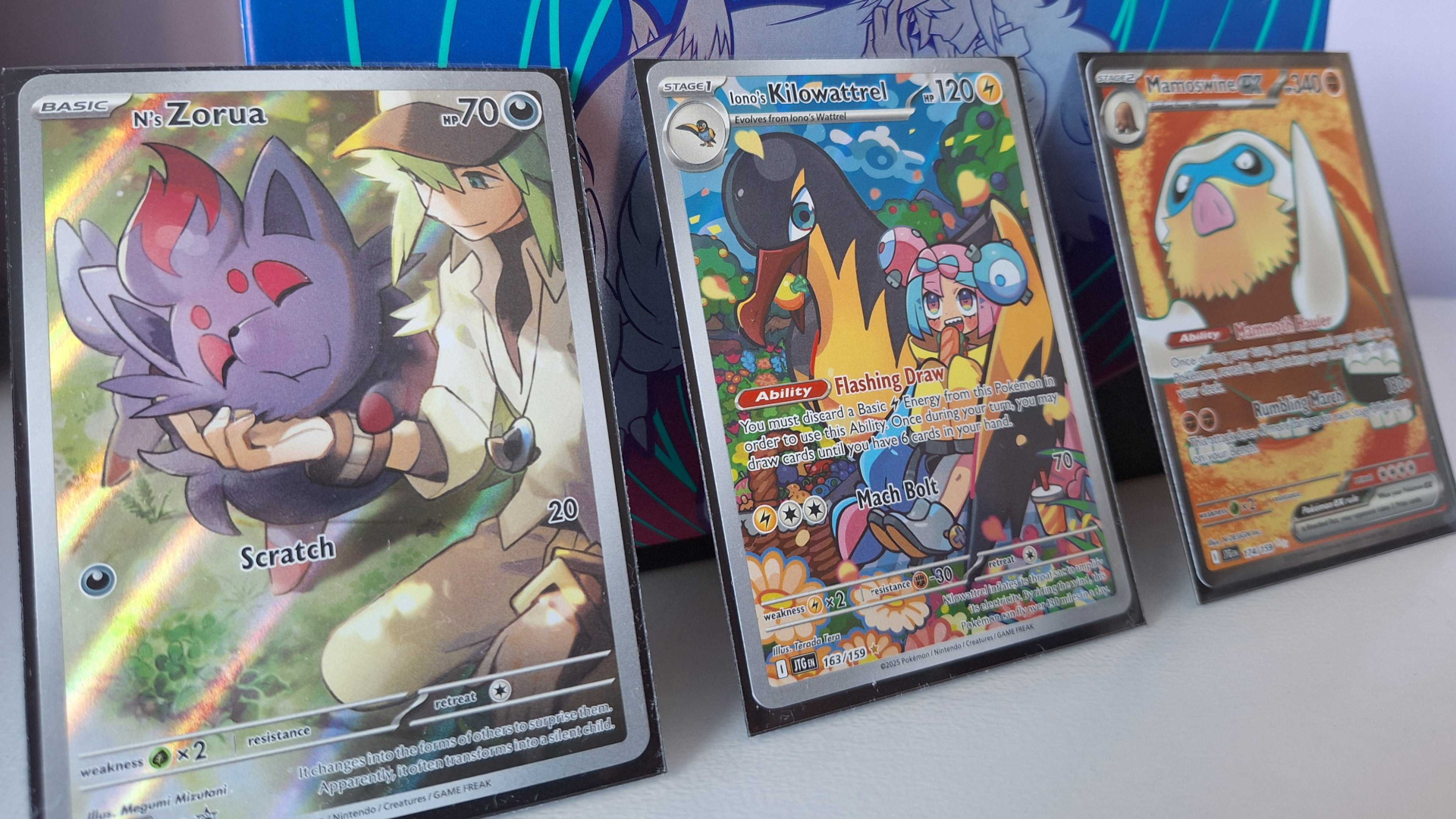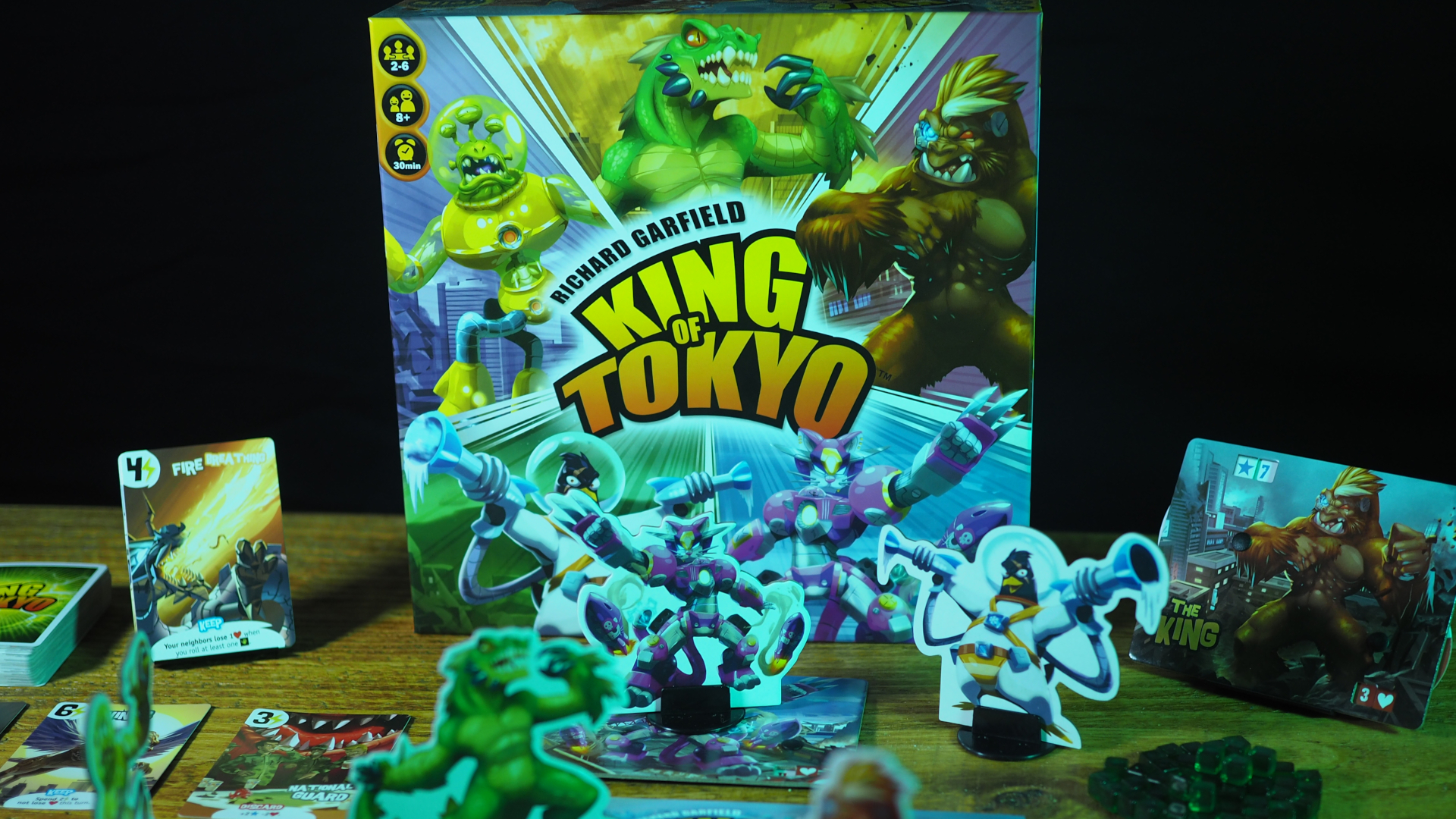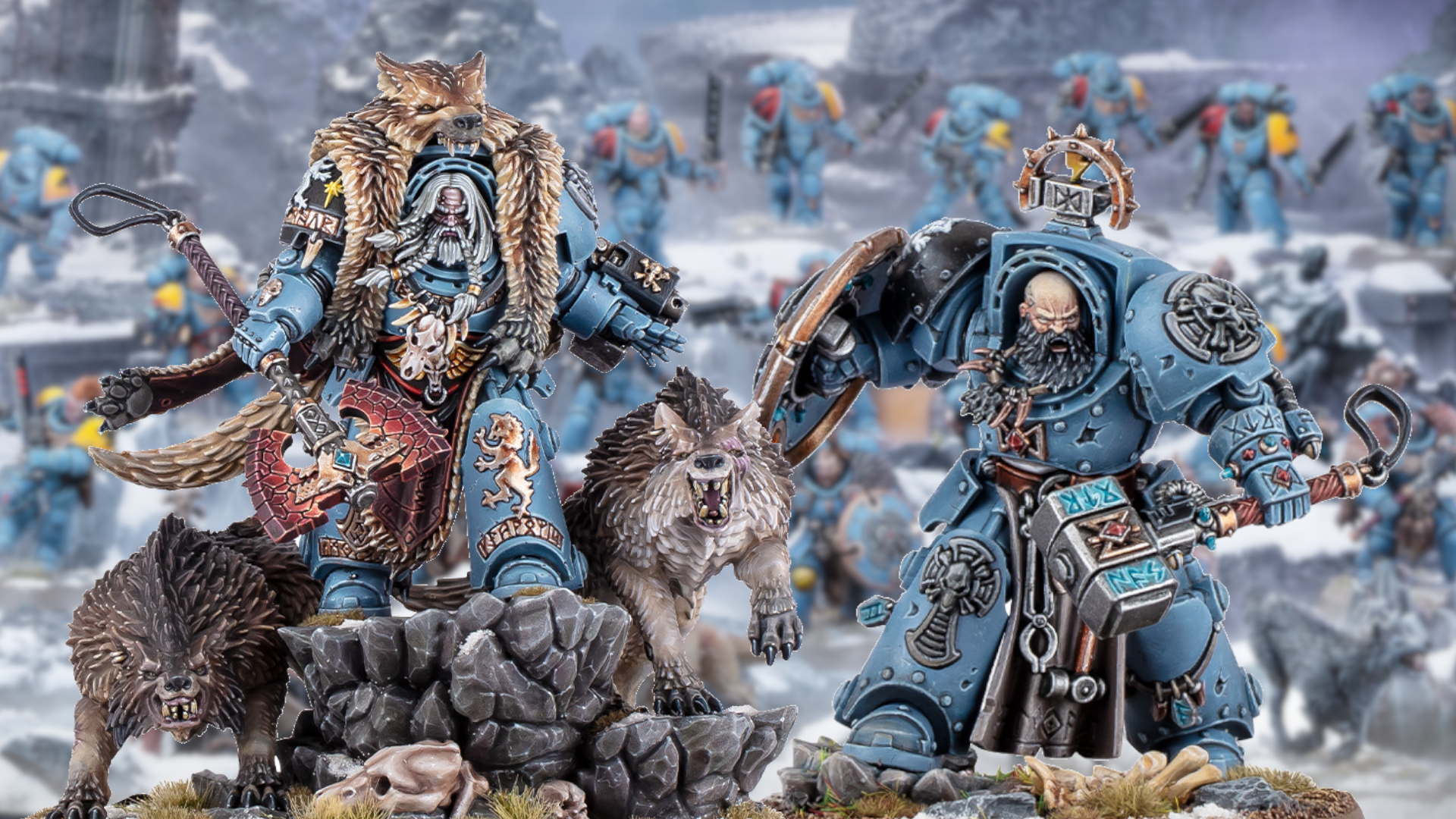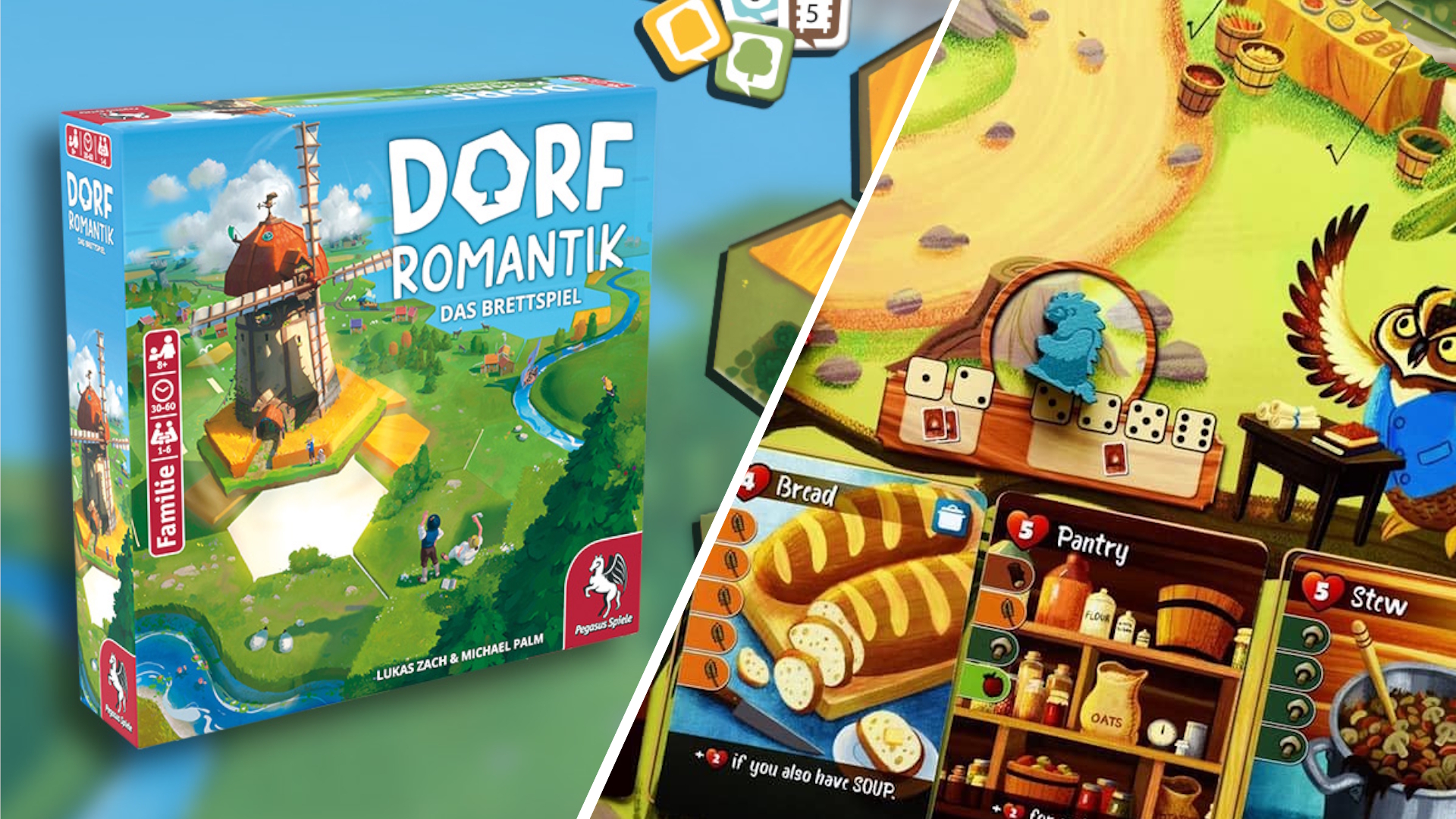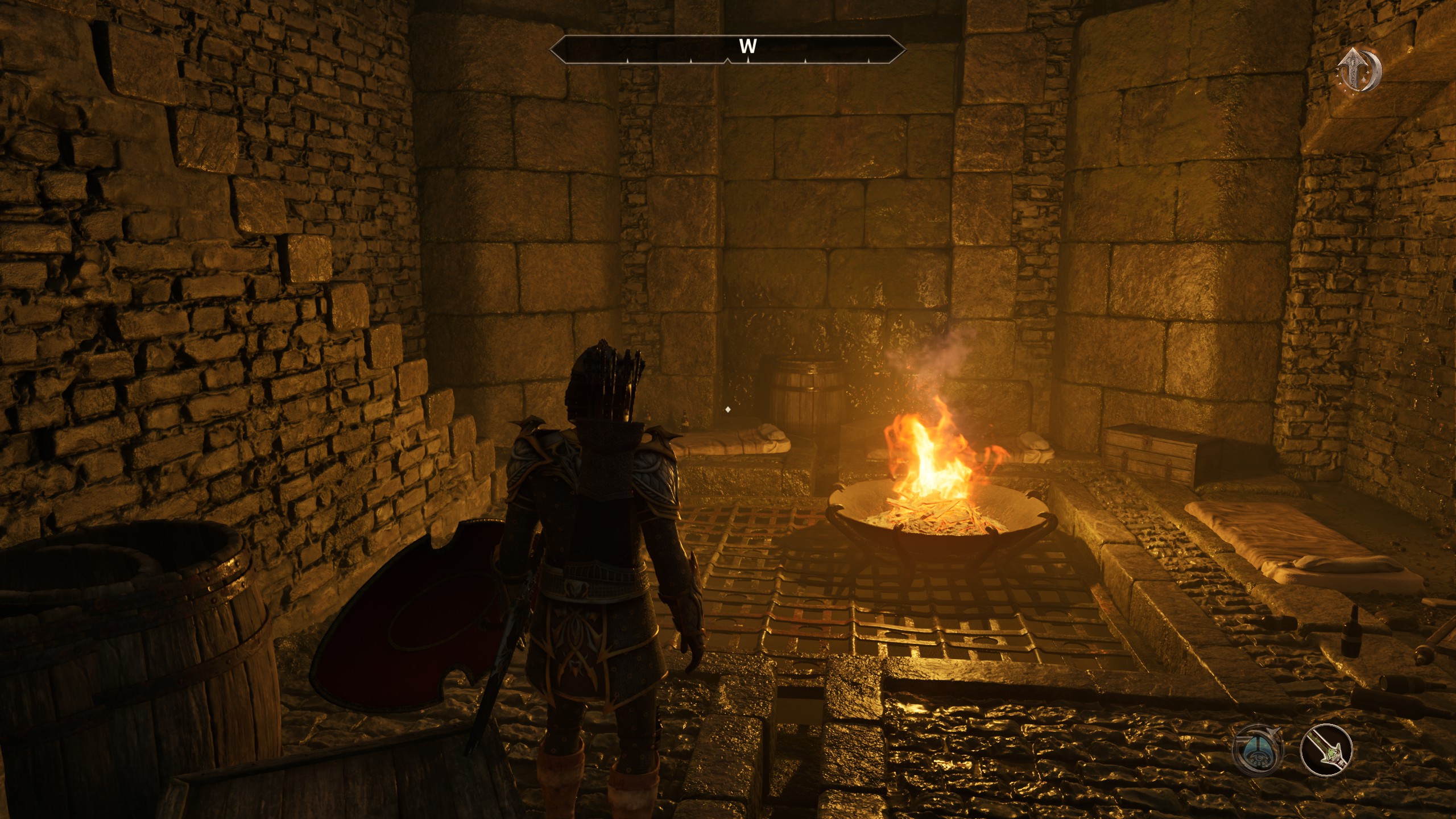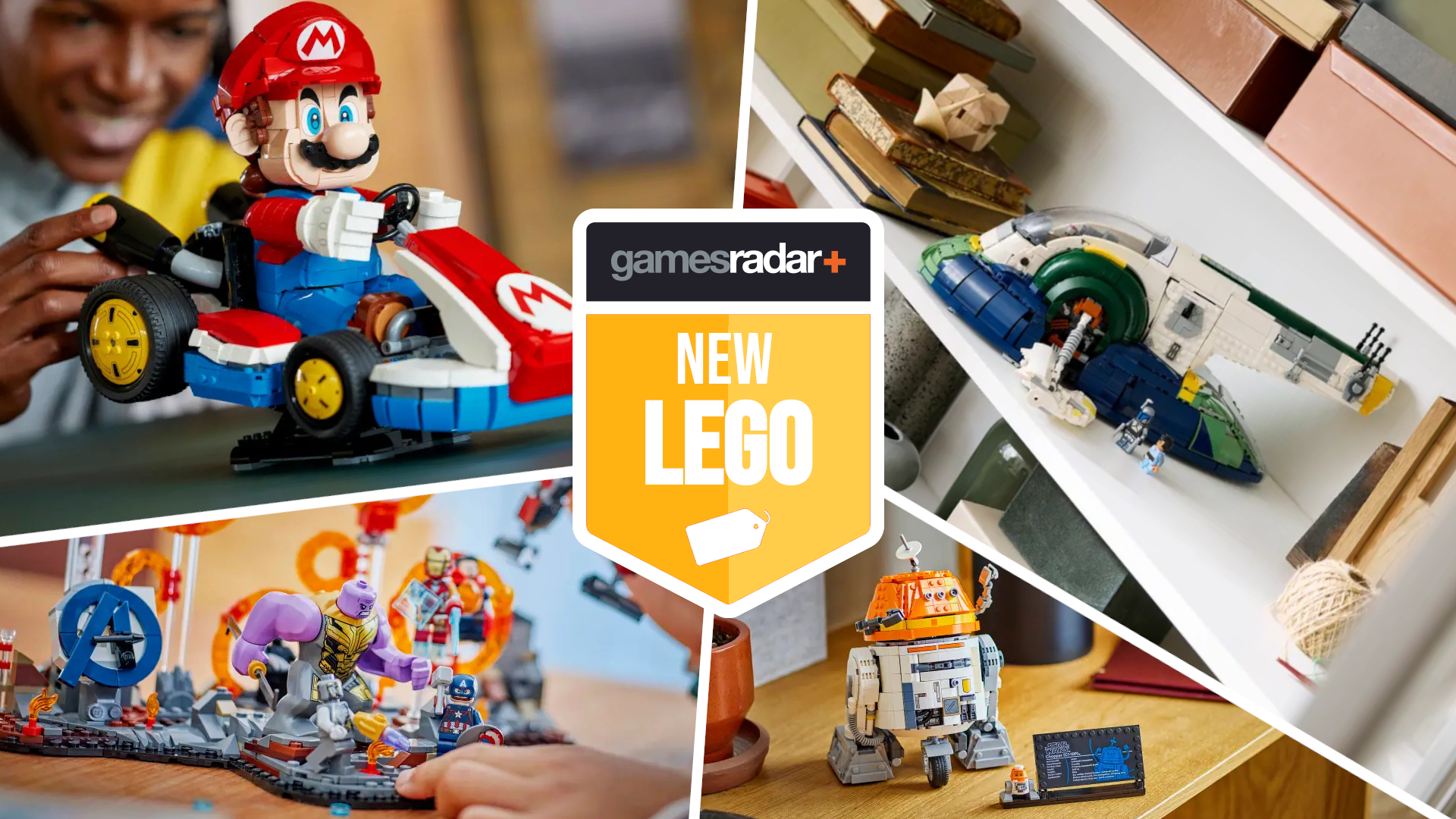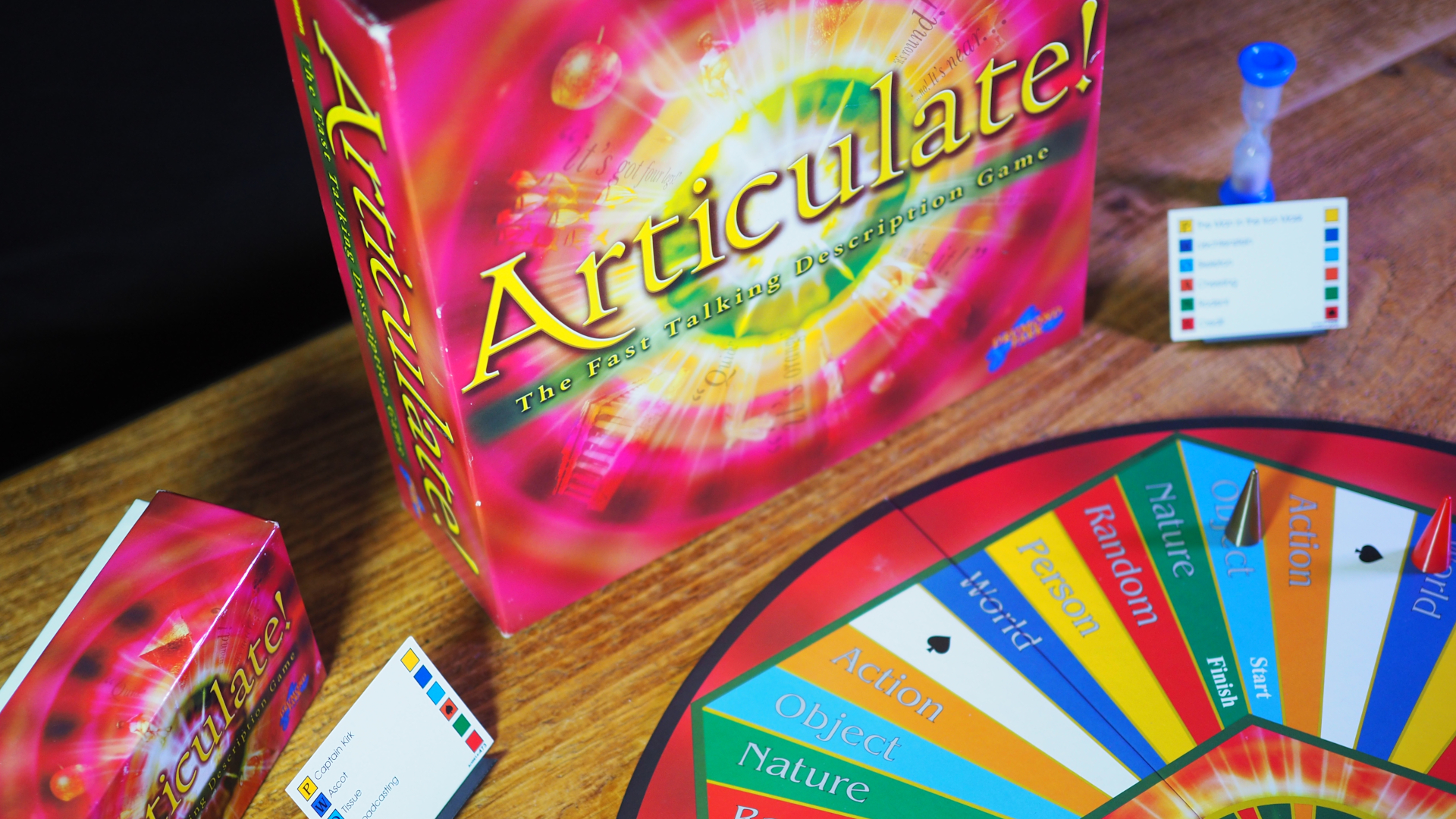When you purchase through links on our site, we may earn an affiliate commission.Heres how it works.
Some may disagree with these definitions, of course - and that’s OK!
There isn’t a universally accepted list of board game types.
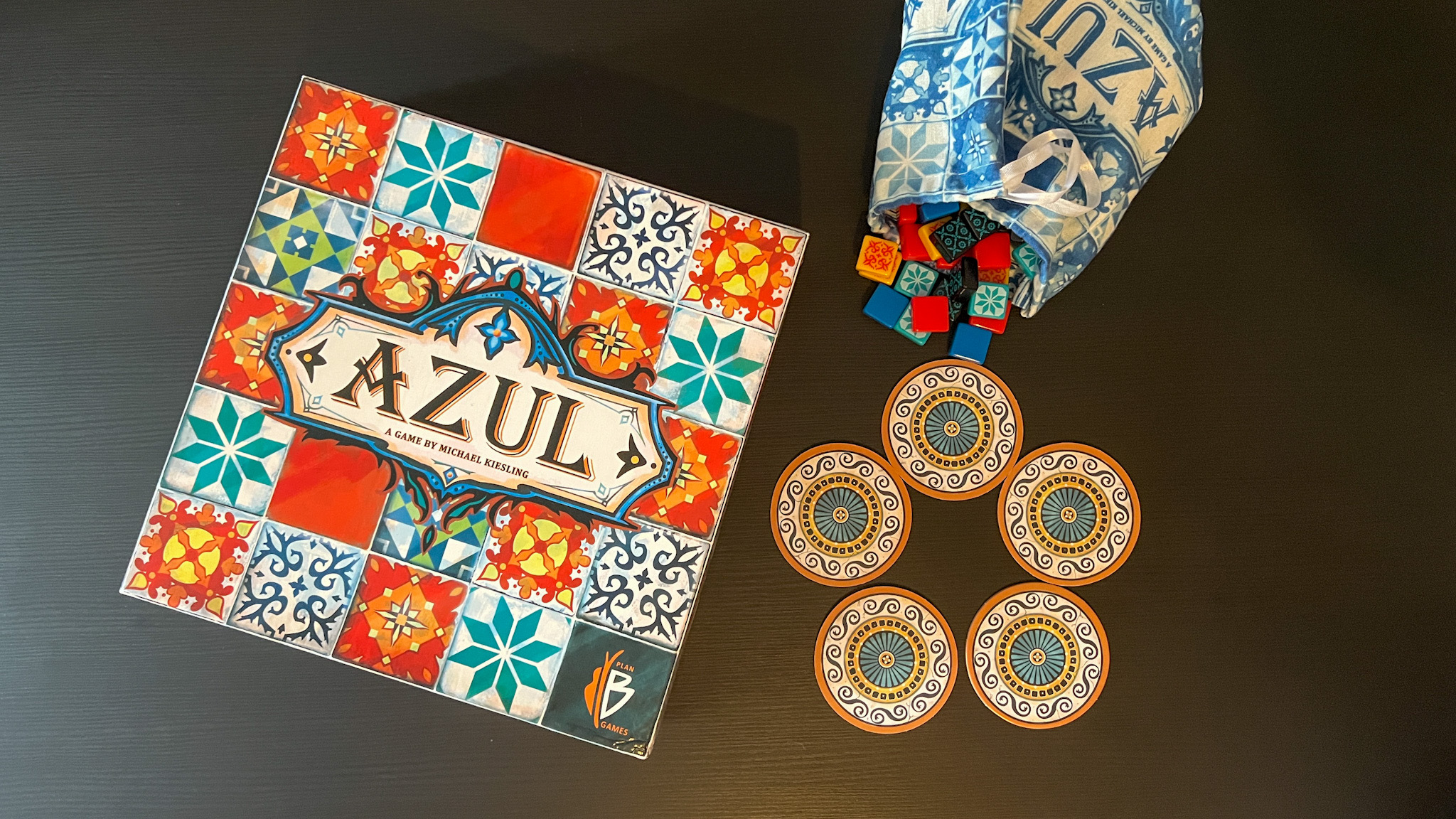
Benjamin’s written professionally since 2012 and has been covering board games on GamesRadar+ for over six years.
Indeed, classics like Chess and Go sit under this category.
Victory relies on skill alone.
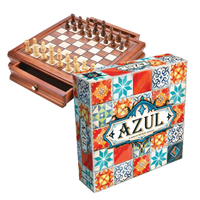
Checkers is a great case in point.
If you win, it’s because you outmaneuvered your opponent.
Azulis a more modern example of this board game key in.
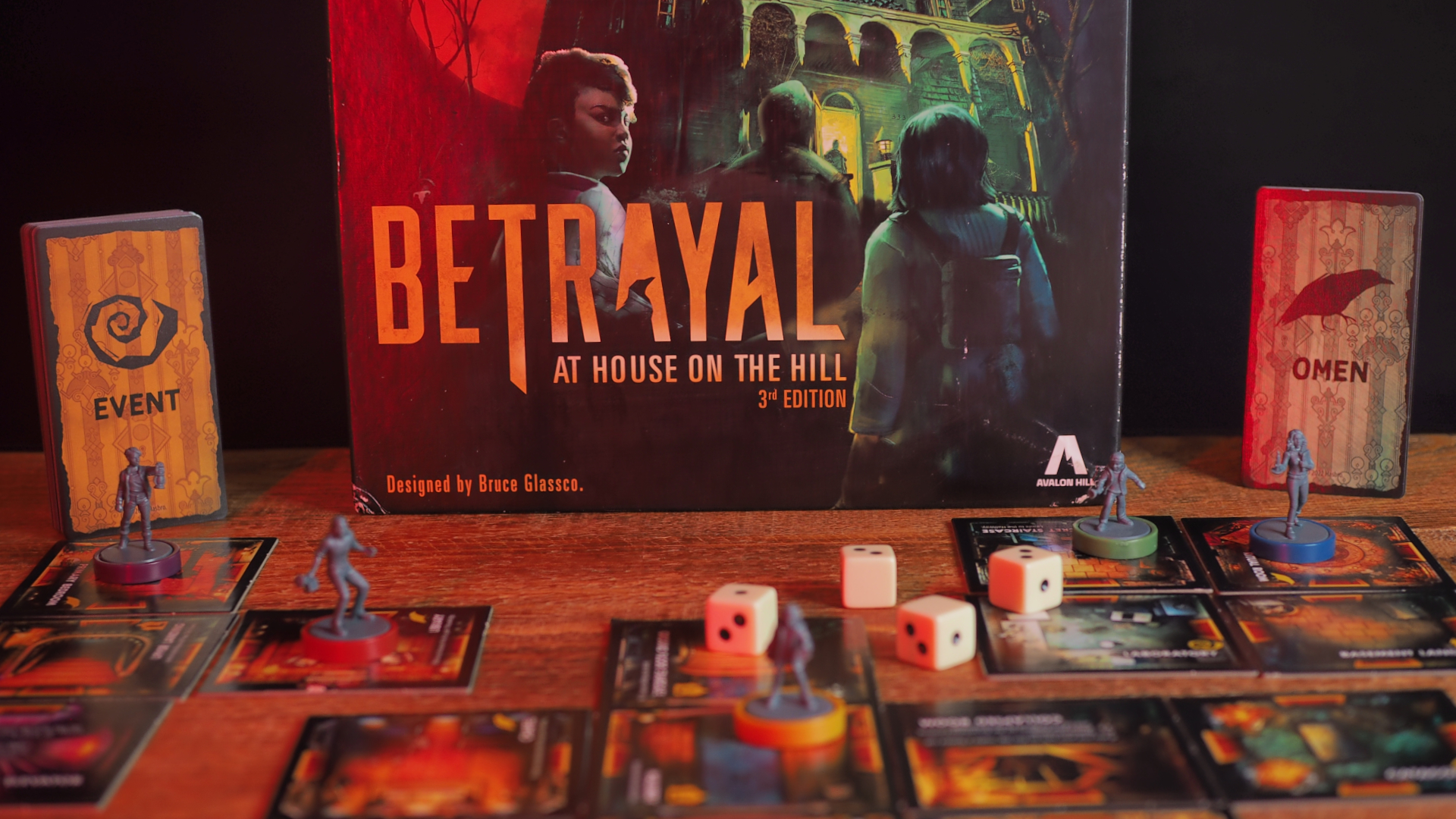
‘Ameritrash’ isn’t necessarily a negative term.
In fact, it’s often one of endearment within the community.
On a surface level, American-style games put a lot of emphasis on theme.
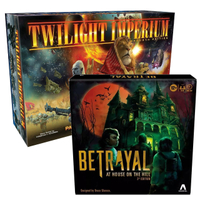
While there are similarities with Eurogames, which we’ll discuss later, they’re frequently seen as opposites.
Betrayal at House on the Hillis what you’d call ‘Ameritrash.’
Although there’s plenty of room for strategizing, the game features a degree of randomness too.
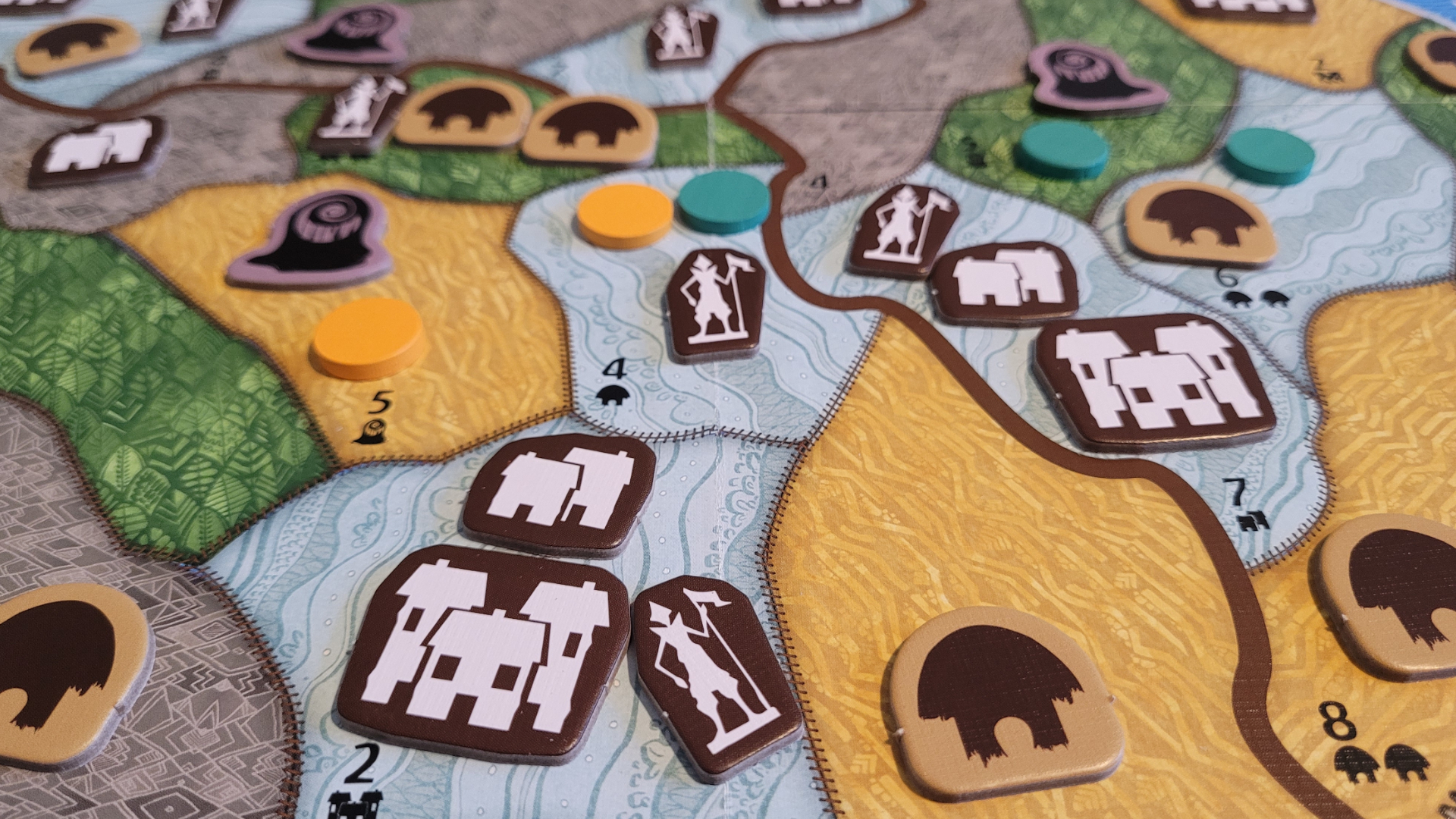
This is one for the armchair tacticians among you or those who enjoy something with a competitive edge.
Risk may be the best-known example.
Take command of certain spaces or control the majority of the board to win.
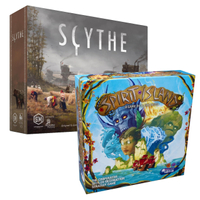
In contrast to wargames, area control focuses on the bigger picture.
These resources usually have a variety of values or benefits that encourage different approaches.
For a better idea of how these types of board games work, let’s turn toMedici.
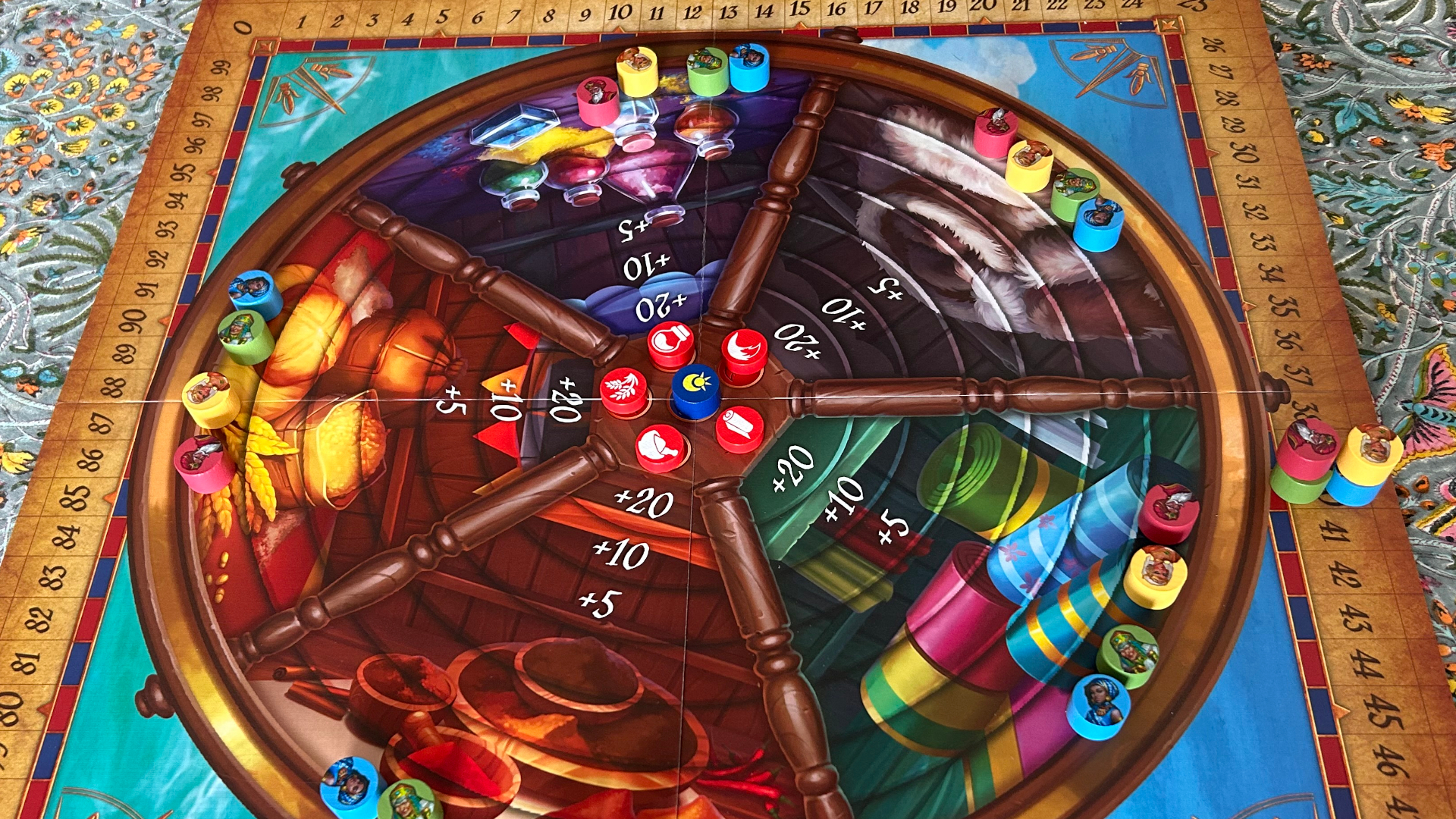
Points go to whosoever has the most of a specific item every round, or the most valuable haul.
Simple earn the most points overall.
Players must fool their opponents to win, and will often trick rivals into making a self-destructive move.
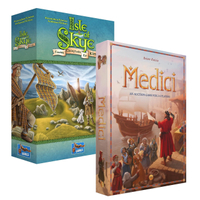
Skull is the bluffing game I make a beeline for if I’m in the mood to mislead.
If you adore video games like SimCity or Cities: Skylines, these should appeal.
Life in Reterrais a light-weight example, but a good one.
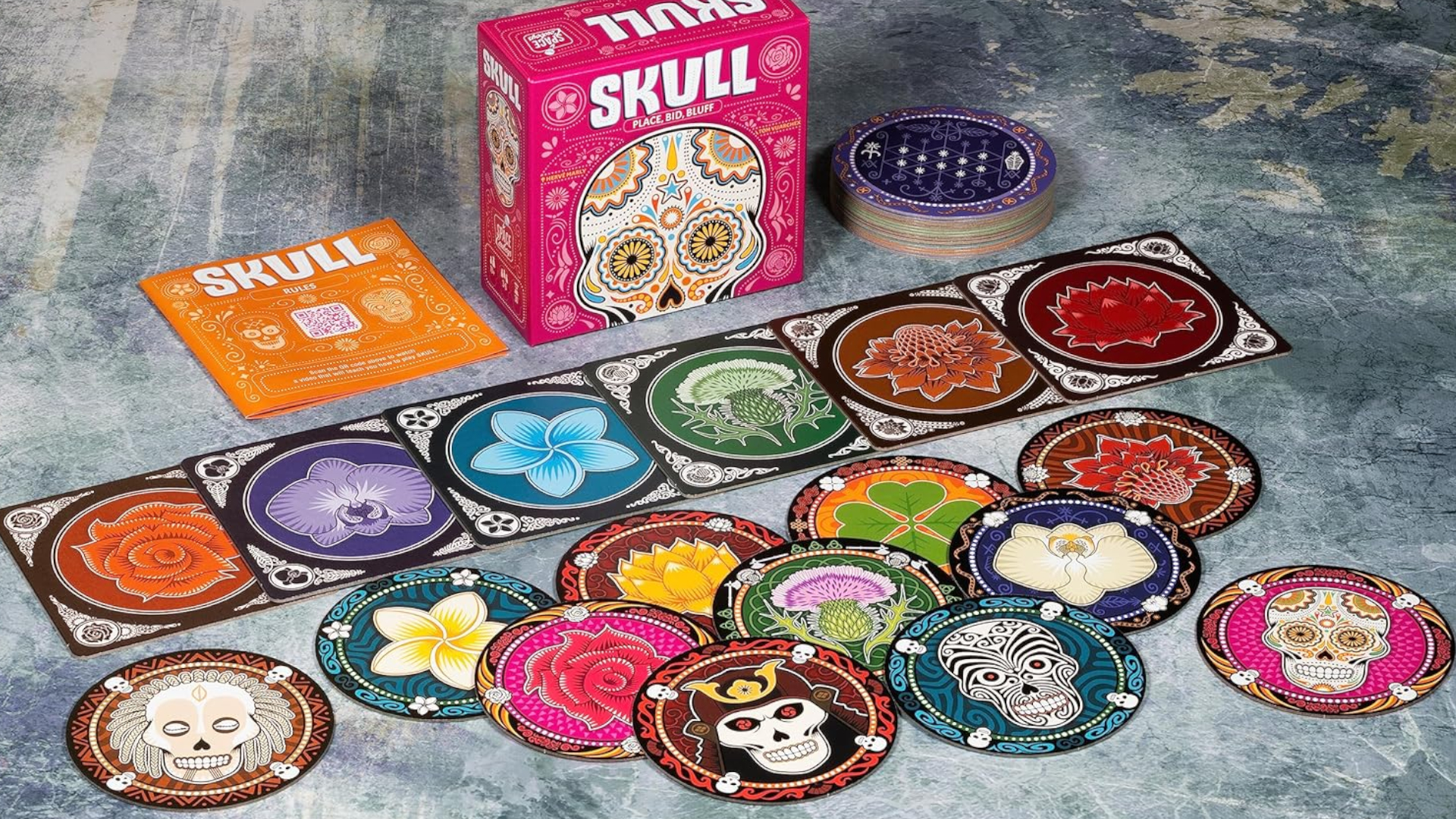
These can combine for lucrative combos, so foresight is rewarded.
Lone wolves need not apply.
Nemesisshows that off nicely.

You escape or die as one, so better brush up on those communication skills.
2008’s Dominion largely defined deck-building as we know it today, and modern hits such asClank!
Catacombsiterate on the mechanic.
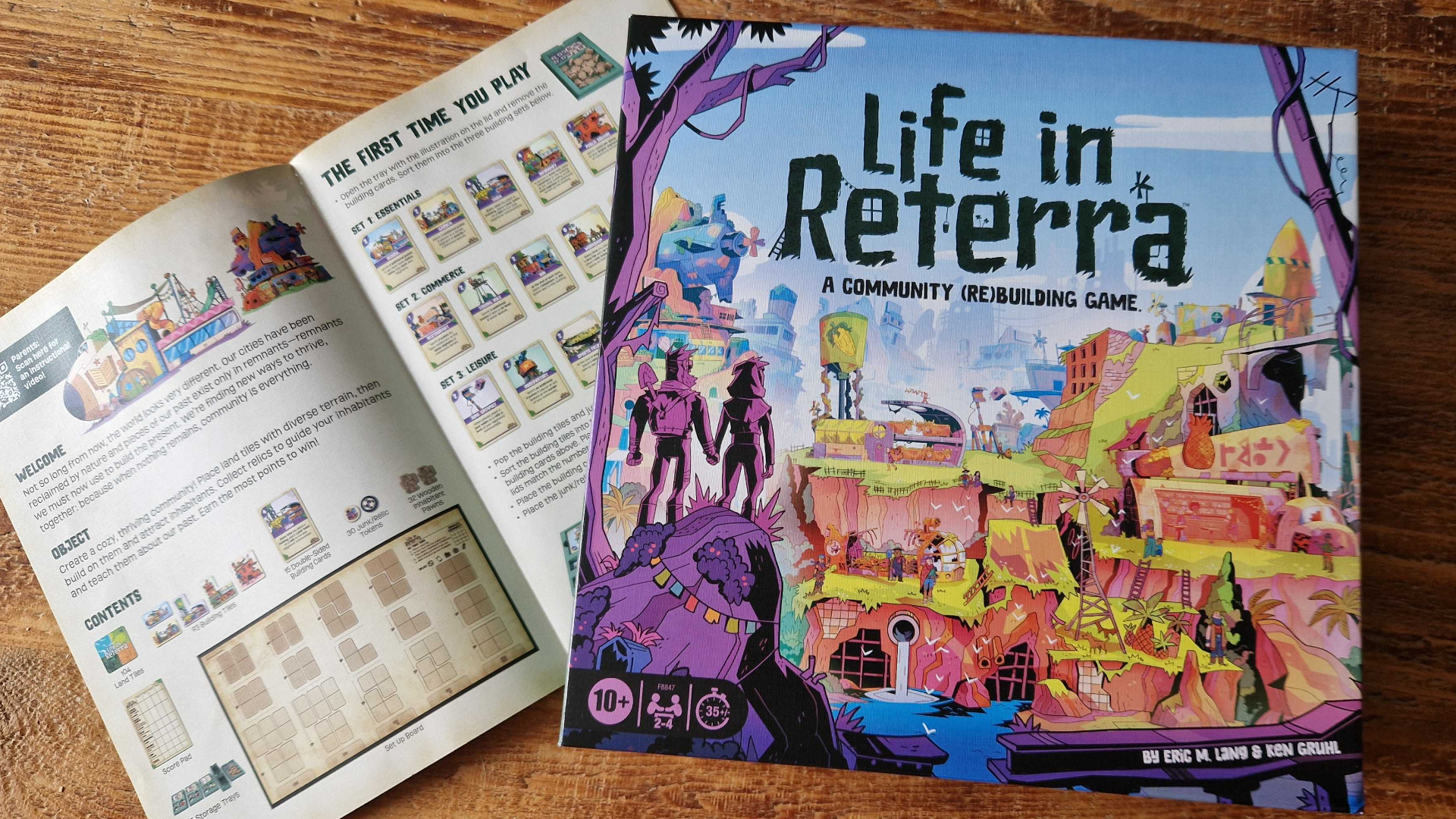
Some add wrinkles to the formula (Clank!
shakes things up with push-your-luck gameplay, for instance), but most follow the same recipe.
They’re often quite quick as well, which is fitting considering how fast players have to be.
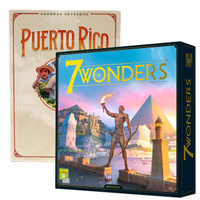
Take Jungle Speed as a case in point.
During this game, you place down cards and must grab the totem first if you see a match.
Things aren’t always that simple, though.
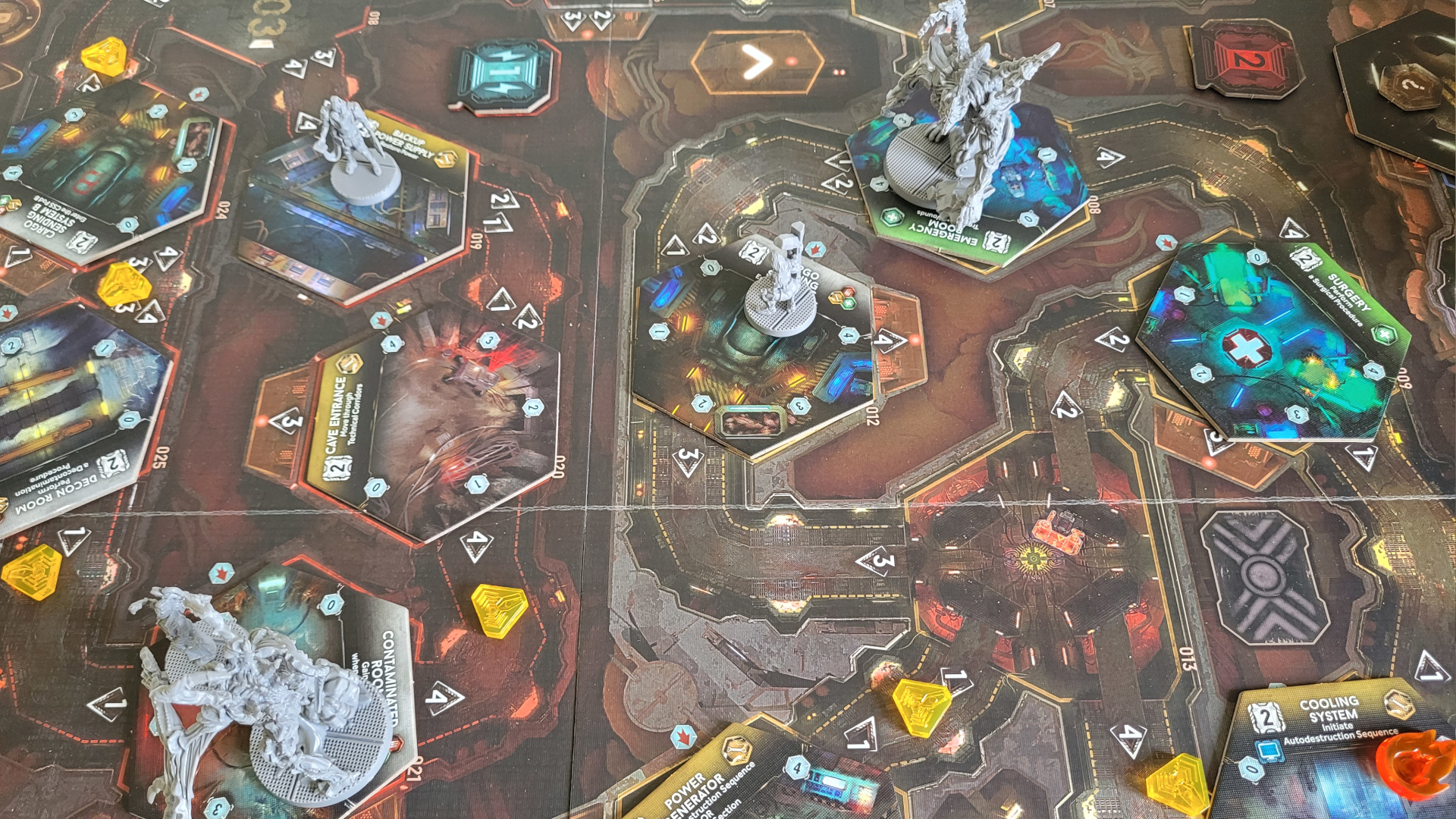
employs many dexterity-based activities, but these are wrapped in a choose-your-path story.
Jungle Speed Ghost Blitz Spot It!
Closed draft, on the other hand, sees players take cards in secret and pass the rest along.
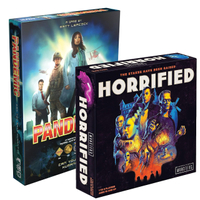
Exploding Kittens puts a devilish spin on this kind of gameplay, meanwhile.
Titular Exploding Kittens are hidden throughout the deck, and drawing them kicks you out of the game.
Branching storylines and a lot of miniatures go hand-in-hand with them, too.
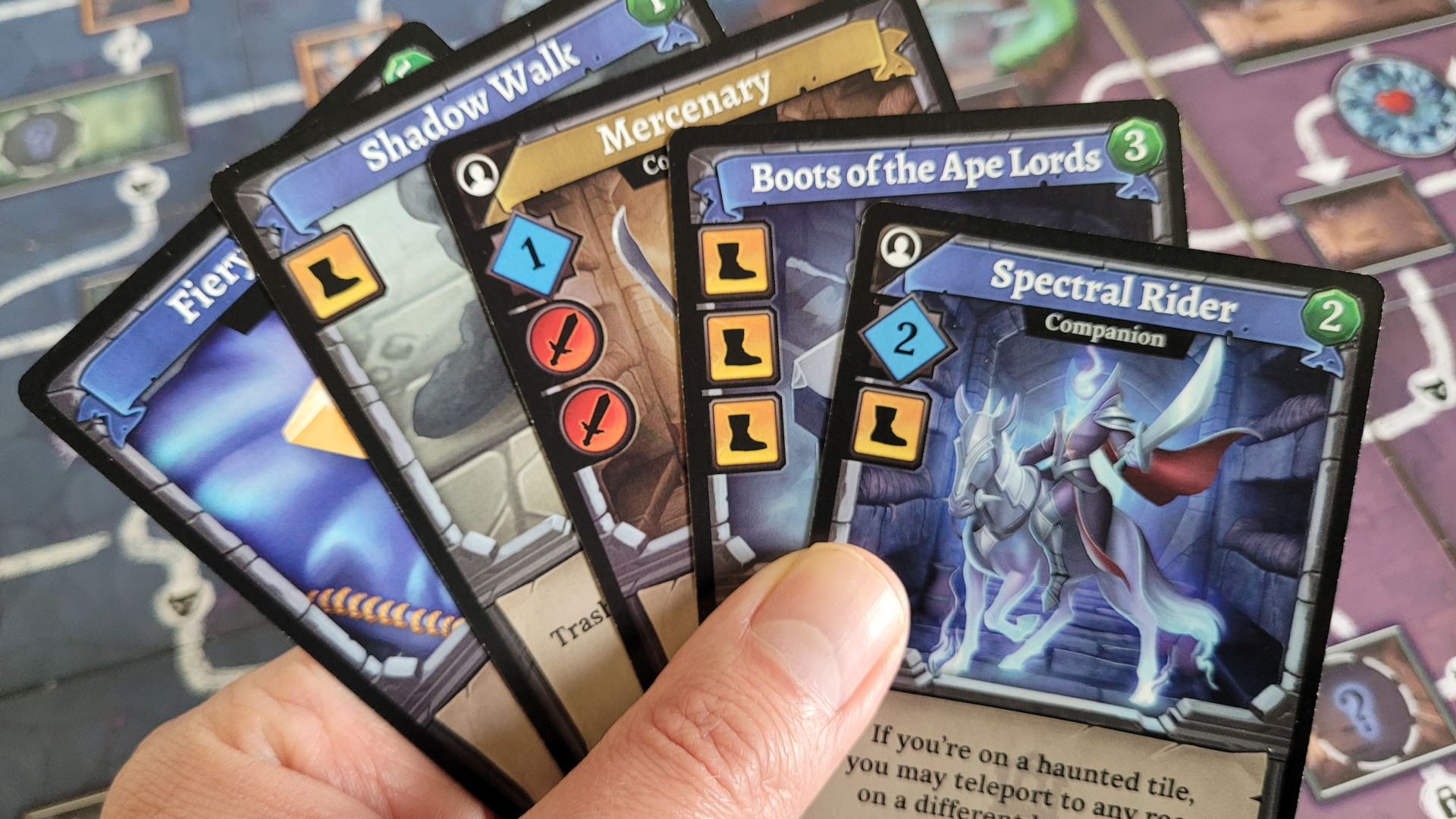
Sure,HeroQuestwas the king of this genre a few years back… butGloomhavenhas since stolen the crown.
Your quest therefore becomes a game of chicken; how far do you dare go?
(They might feature other mechanics listed on this page, but economy is the focus.)
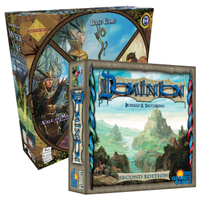
Basically, it’s all about buying and selling.
You usually win if you collect the most wealth.
The latter isn’t solely focused on the rat race, but trade sure does make your life easier.
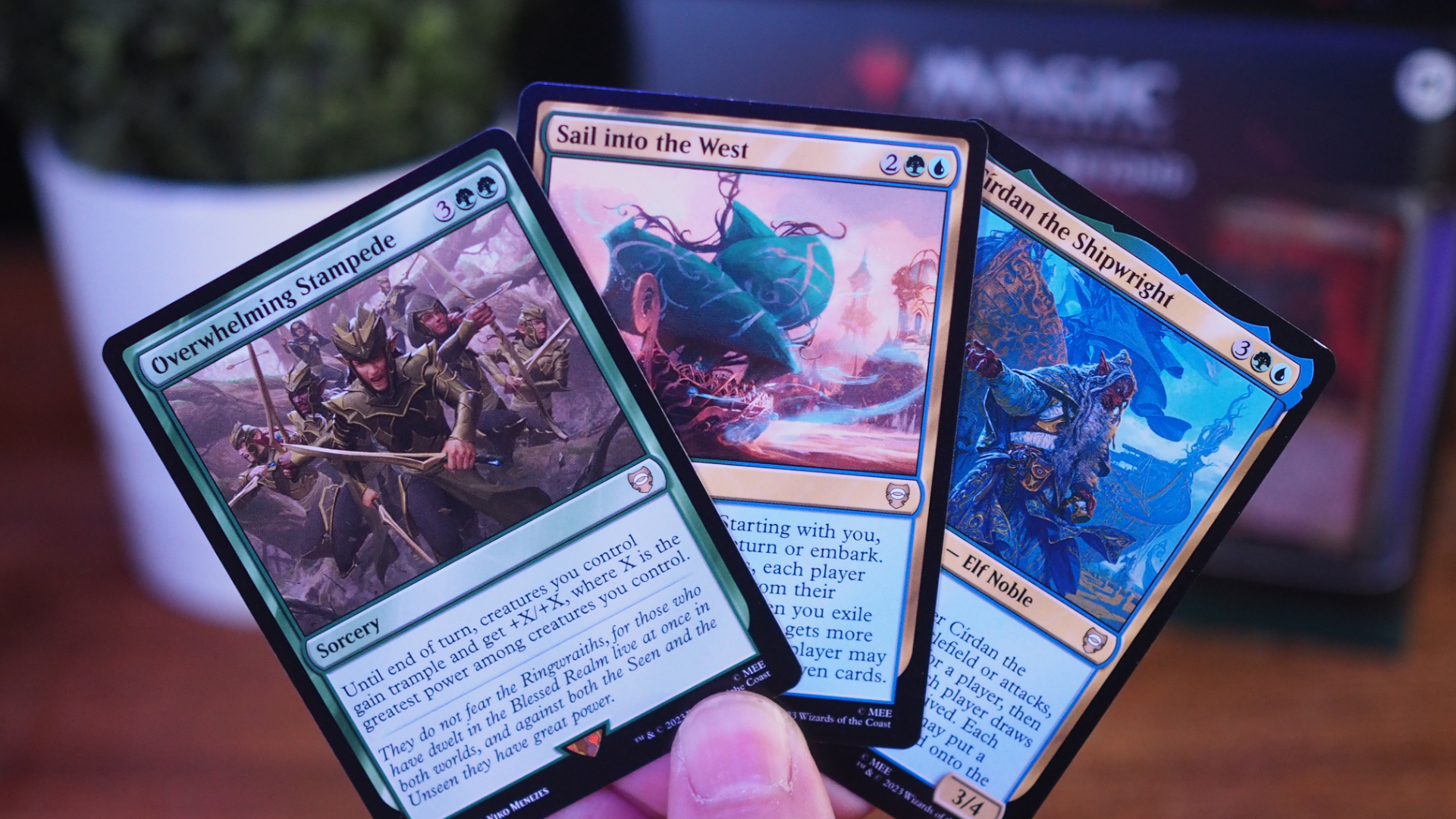
In essence, it’s a snowball effect; players place workers or resources which earn them something.
This allows them to purchase and placemoreworkers/resources.
The more you have, the more you’ve got the option to get.
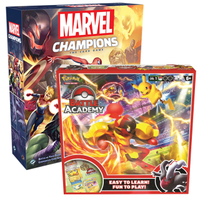
Wingspanis a rock-solid engine-builder.
Similarly,Splendor Duelsees players collecting gem tokens that are used to buy cards for specific bonuses.
There’s a lot of crossover between engine-building and worker placement games, which I’ll get into later.

While it’s a broad category, many ‘hobby’ or modern strategy board games live under this banner.
Listing designers and artists on the box is another hallmark, as is less emphasis on theme.
Do you always head to the thriller section of a bookshop?
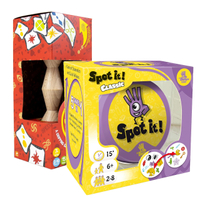
You should give investigation games a go, because they’d be right up your street.
These typically have you working alone or as a team to solve mysteries, murders, or assorted maladies.
The Sherlock Holmes: Consulting Detective series is amongst the best-known investigation games, butBureau of Investigationis also great.
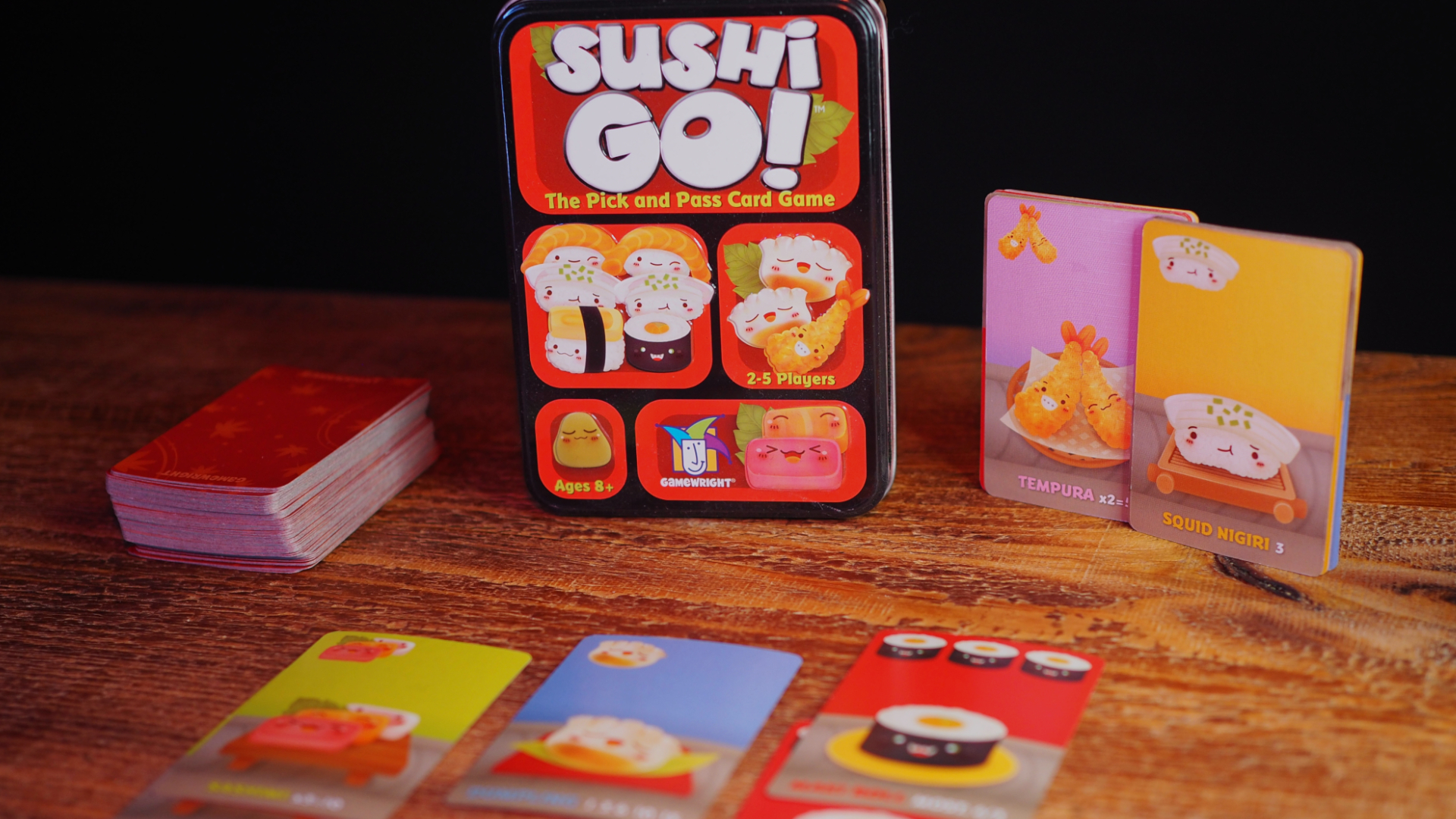
It requires genuine teamwork to crack, and its props are deeply immersive.
Unlockable elements are another hallmark of Legacy games, be it abilities, scenarios, or characters.
This is part of the reason why Legacy games are often dubbed ‘experiences.’
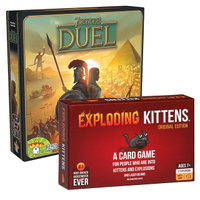
These are usually faster, more accessible, and rowdier than their fellow board game types.
The latter isn’t a requirement, but it’s frequently a by-product.
Scrawlmanages to prove this point.
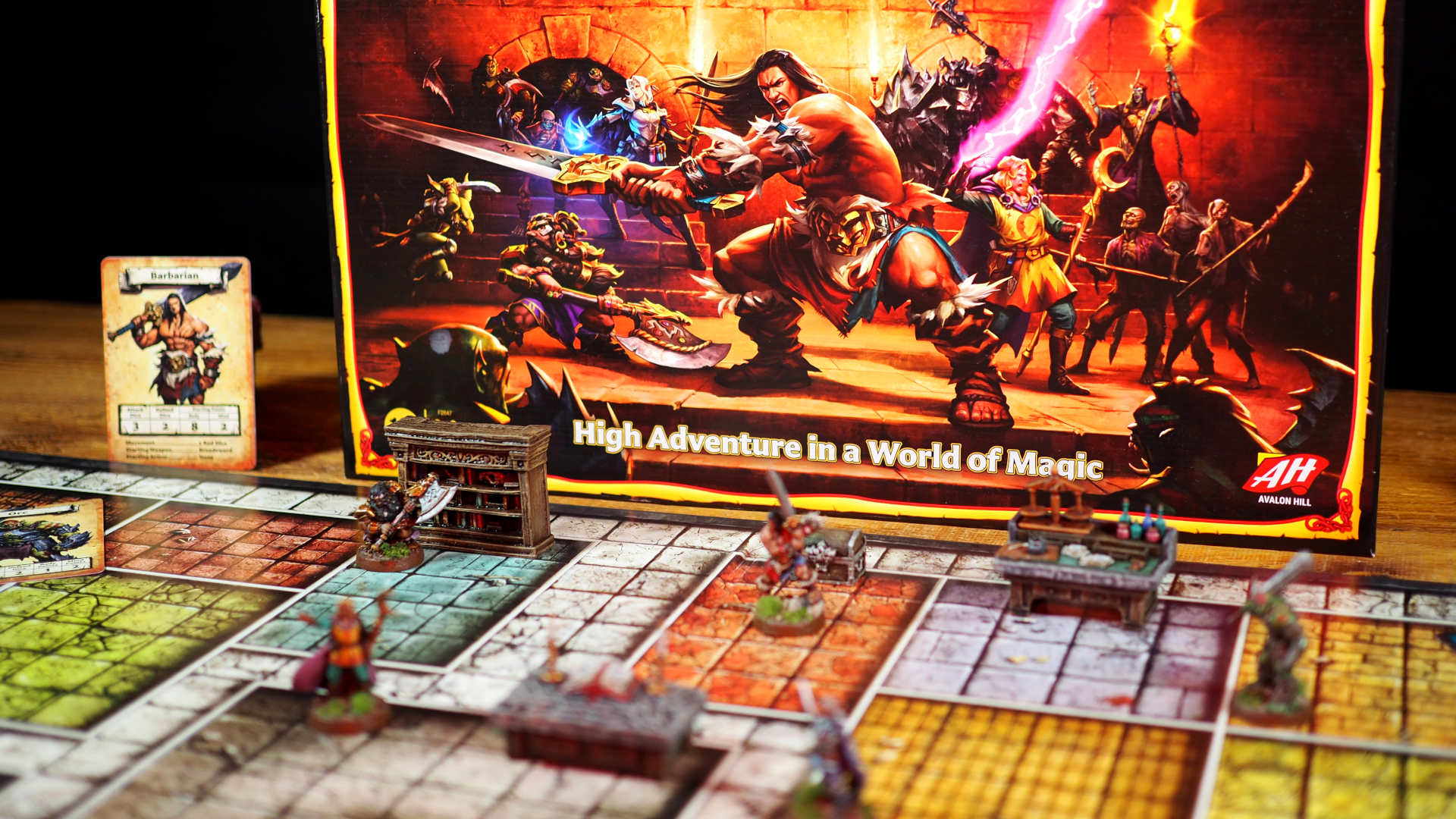
These types of board games will put that confidence to the test.
As the name would suggest, players roll a dice and move that many spaces around the board.
Does this ring a bell?
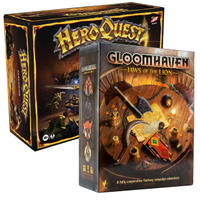
That’s because the mechanic underpins most ‘classic’ games like Monopoly, Clue, and Sorry.
Entries in this category are normally portable as well.
The aim is to uncover those traitors, or go undetected.
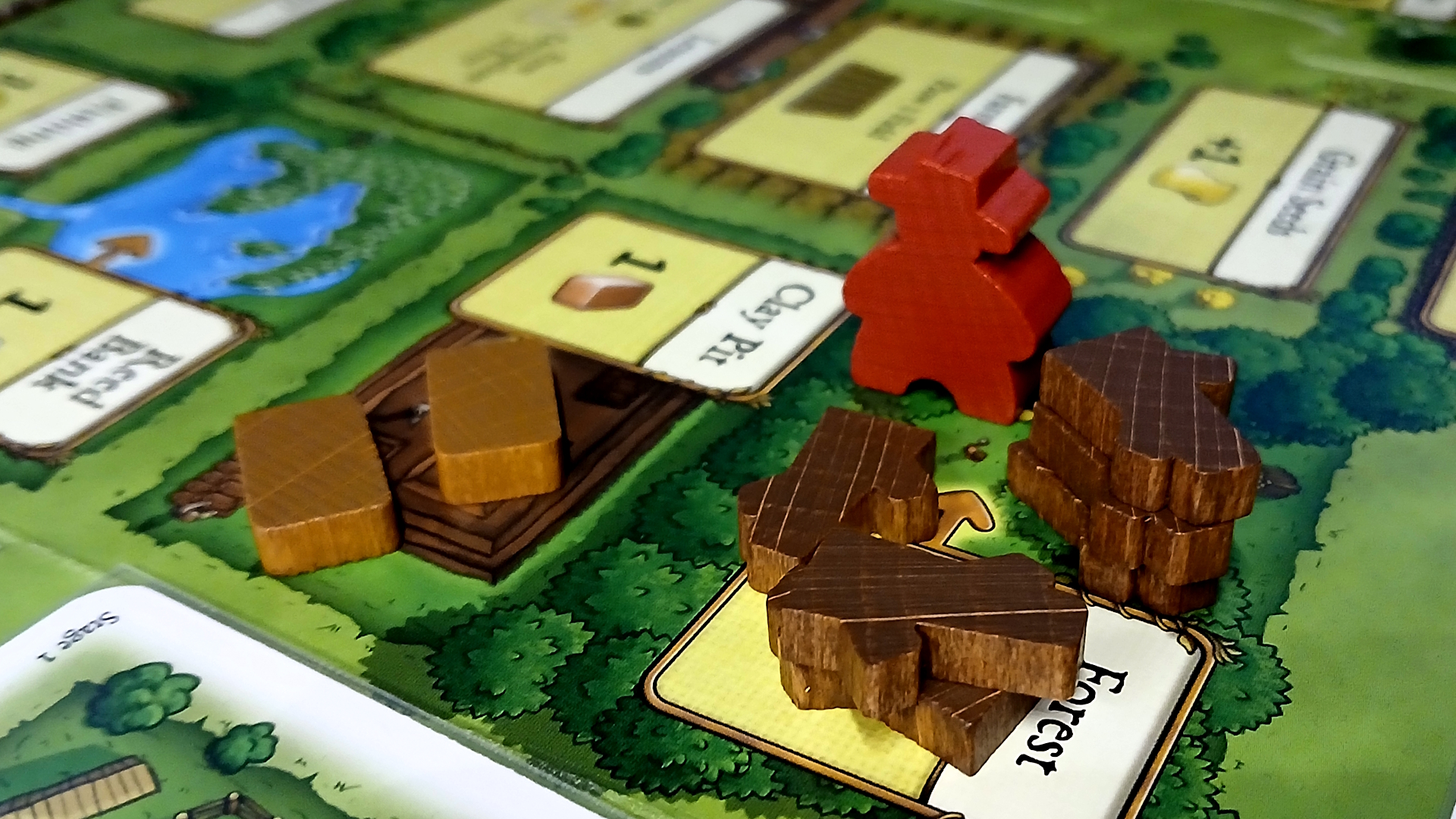
It’s like a formalized version of wink murder.
Set in Germany before World War 2, most players are card-carrying Liberals attempting to root out Nazis.
Meanwhile, a handful of Fascists hope to gain power.
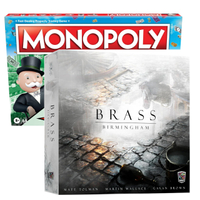
The trouble is, those Liberals don’t know who the Fascists are.
This means lies and backstabbing are the order of the day.
Unfathomableis another excellent social deduction game.
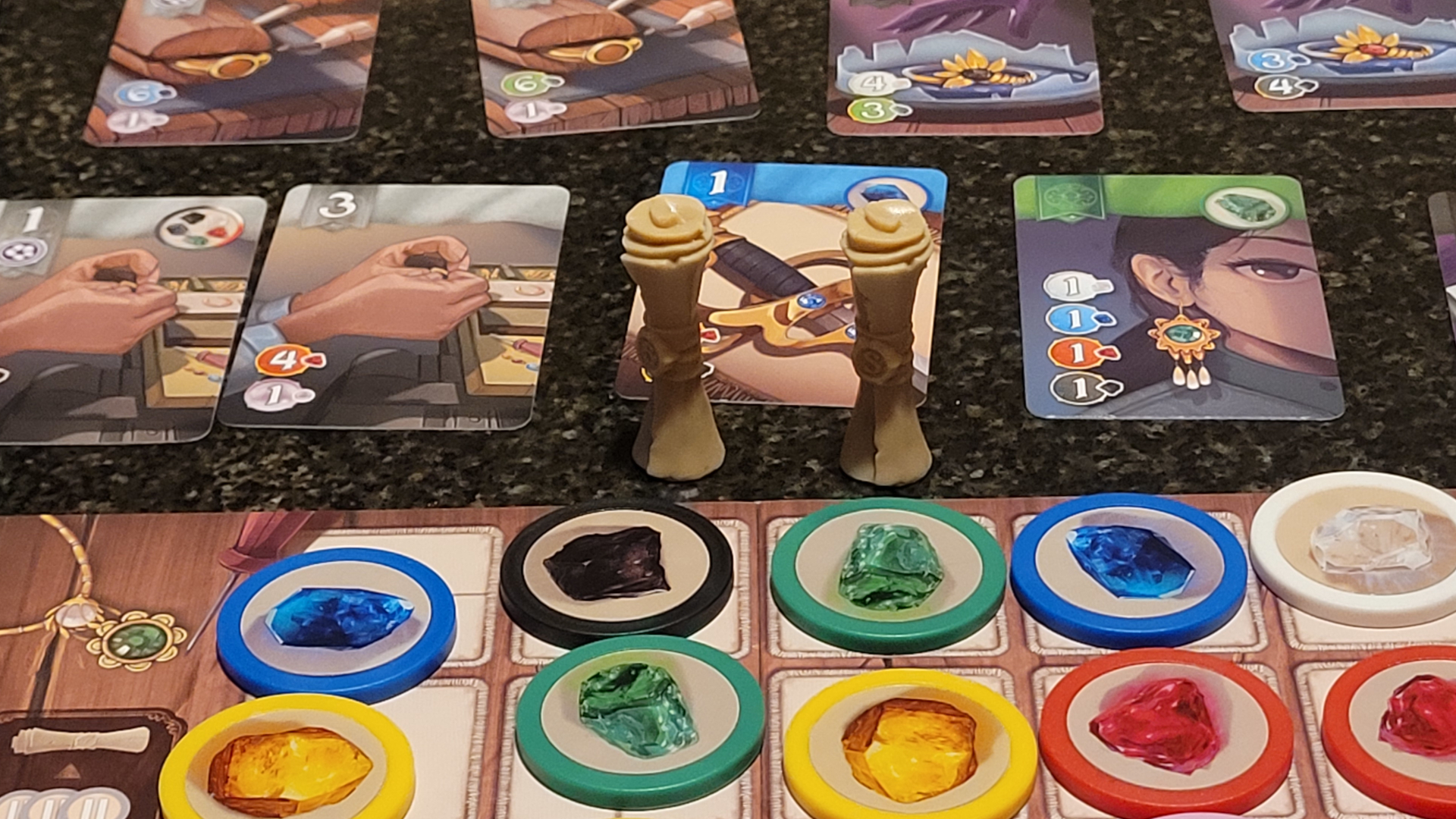
Like ‘party,’ it’s incredibly vague.
Nevertheless, it’s handy to include here because it catches plenty of games under its umbrella.
Most of the time, you’ll answer questions about a specific topic to earn points.
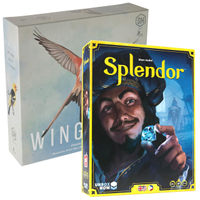
Players may be divided into teams, but needing your thinking cap is always guaranteed.
Let’s wheel out a couple of examples.
These stand apart thanks to their emphasis on building and painting your own models rather than using standard tokens.
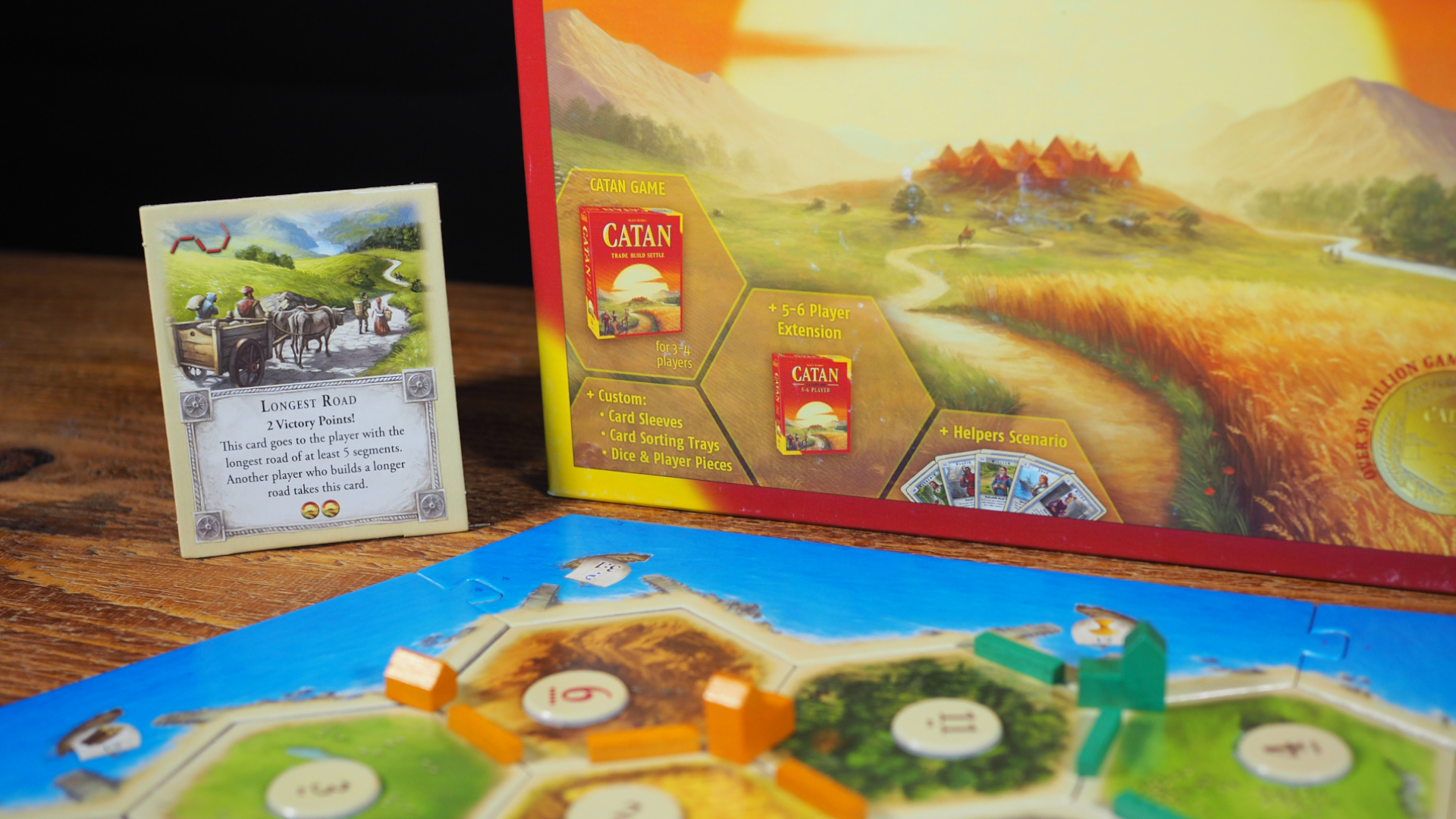
This category includes everything from Scrabble to Bananagrams, and it’s a real classic.
Examples are often competitive, and usually have a time-limit to keep the pressure on.
That’s not to say the genre is very dry, though.
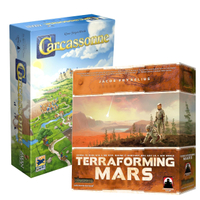
Newcomers likeCodenamesare amongst the most popular party games around, and they’re all about guessing associations.
Doing so might also allow you to purchase or place more workers using the resources you’ve gathered.
(There’s some debate surrounding this definition, but I’ll stick with it for now.)
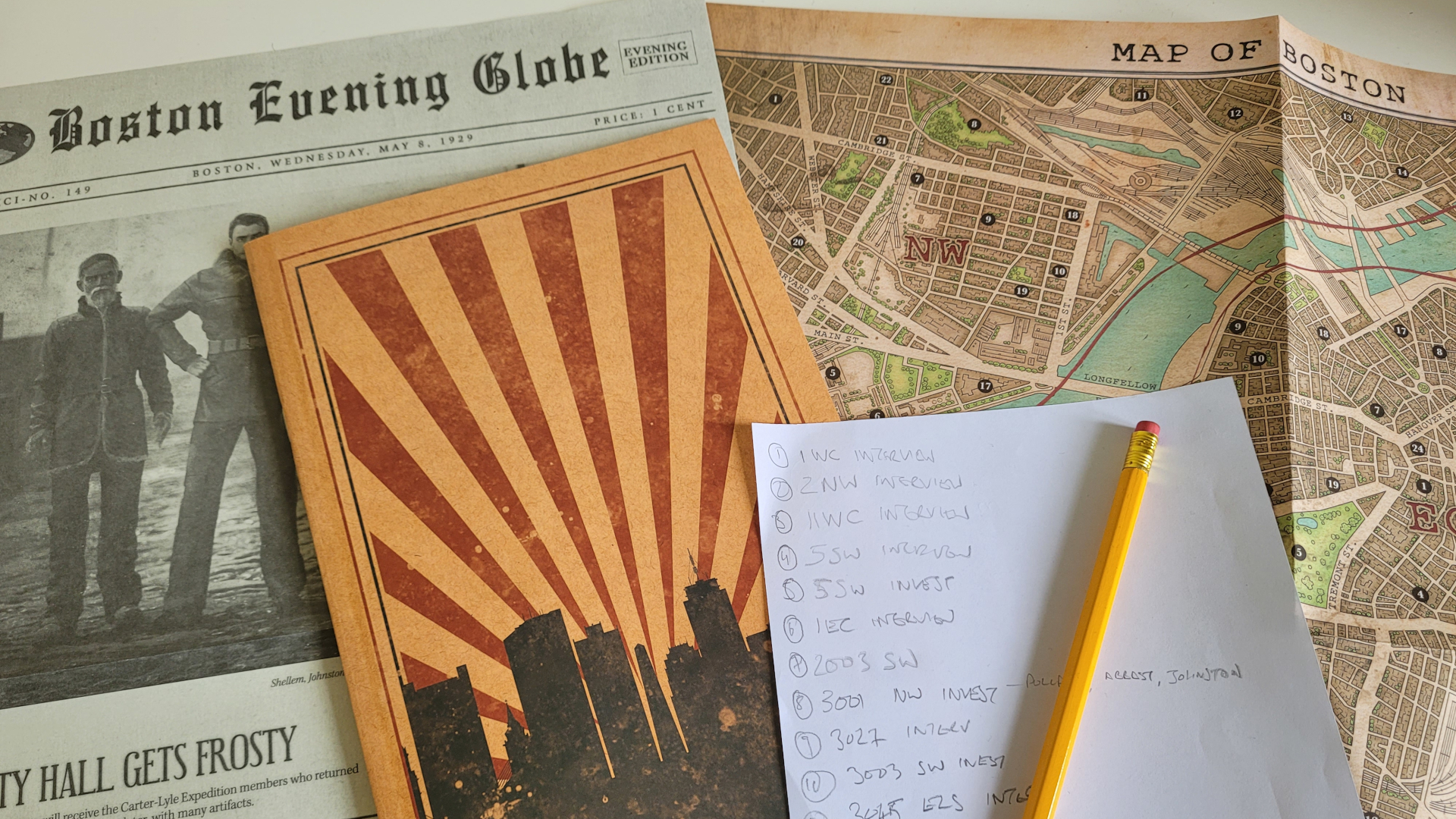
As an example,Agricolaonly allows one player to use a specific action each turn.
Be sure to check in with these2-player board gamesandfamily board games.
